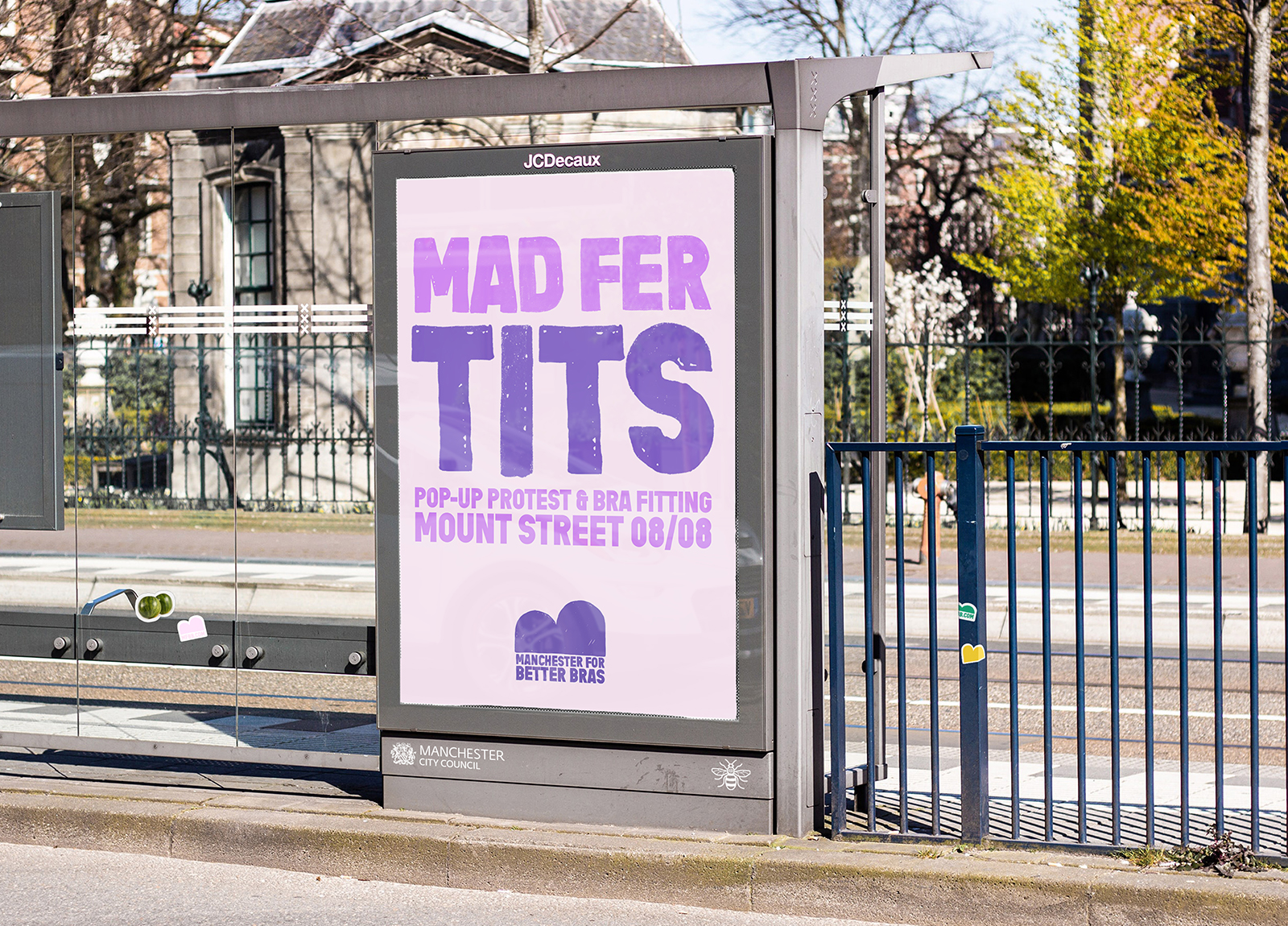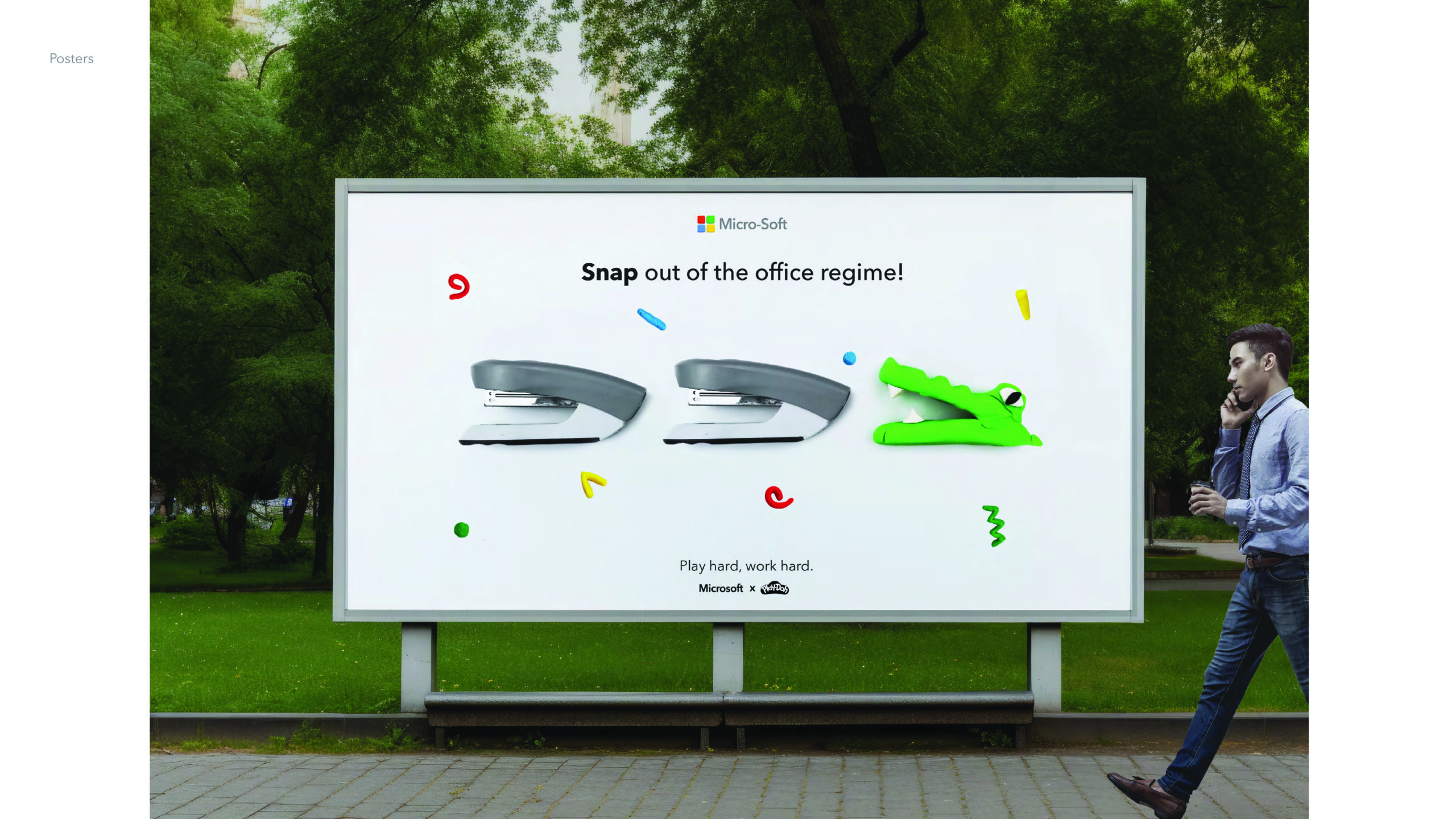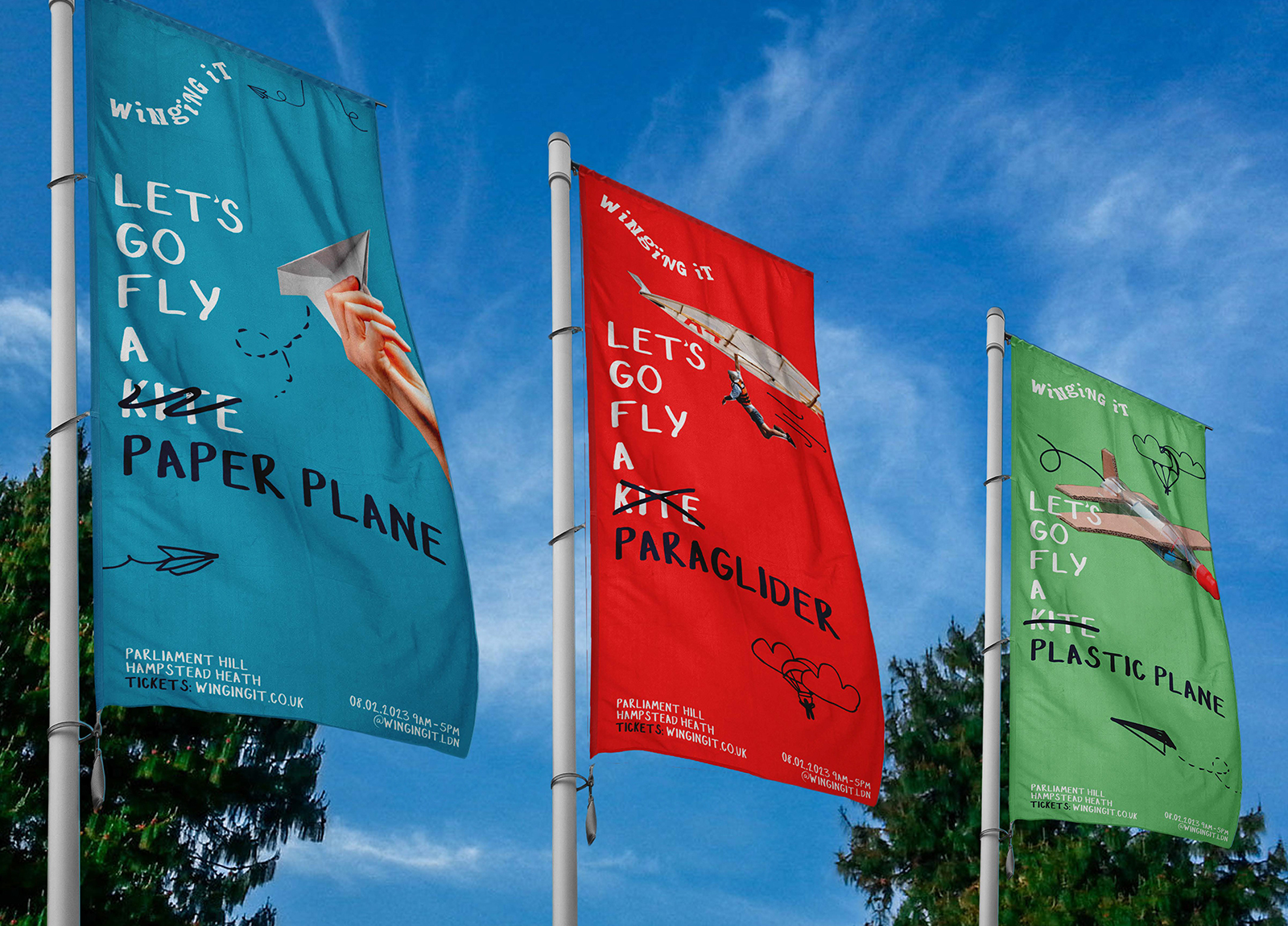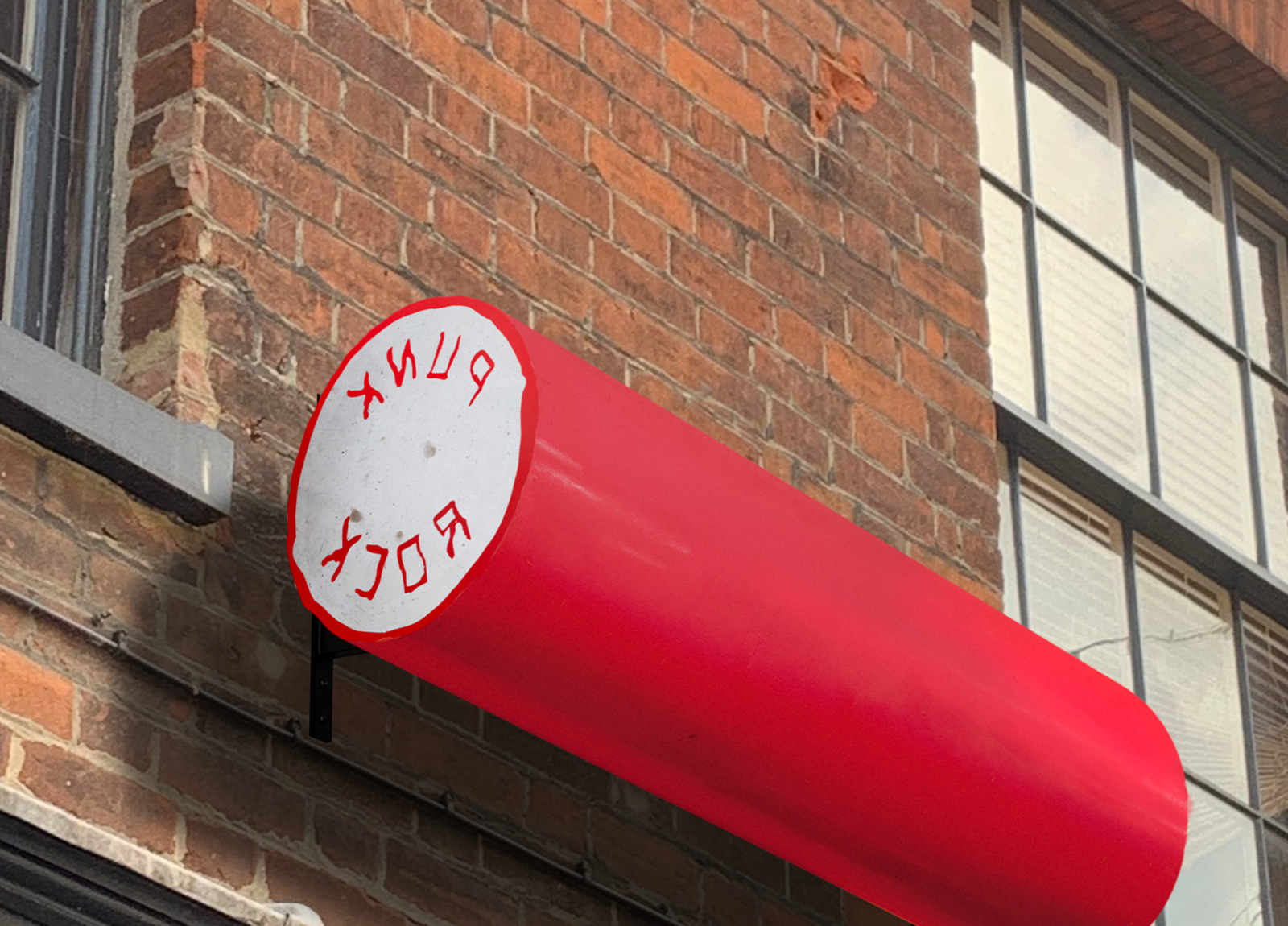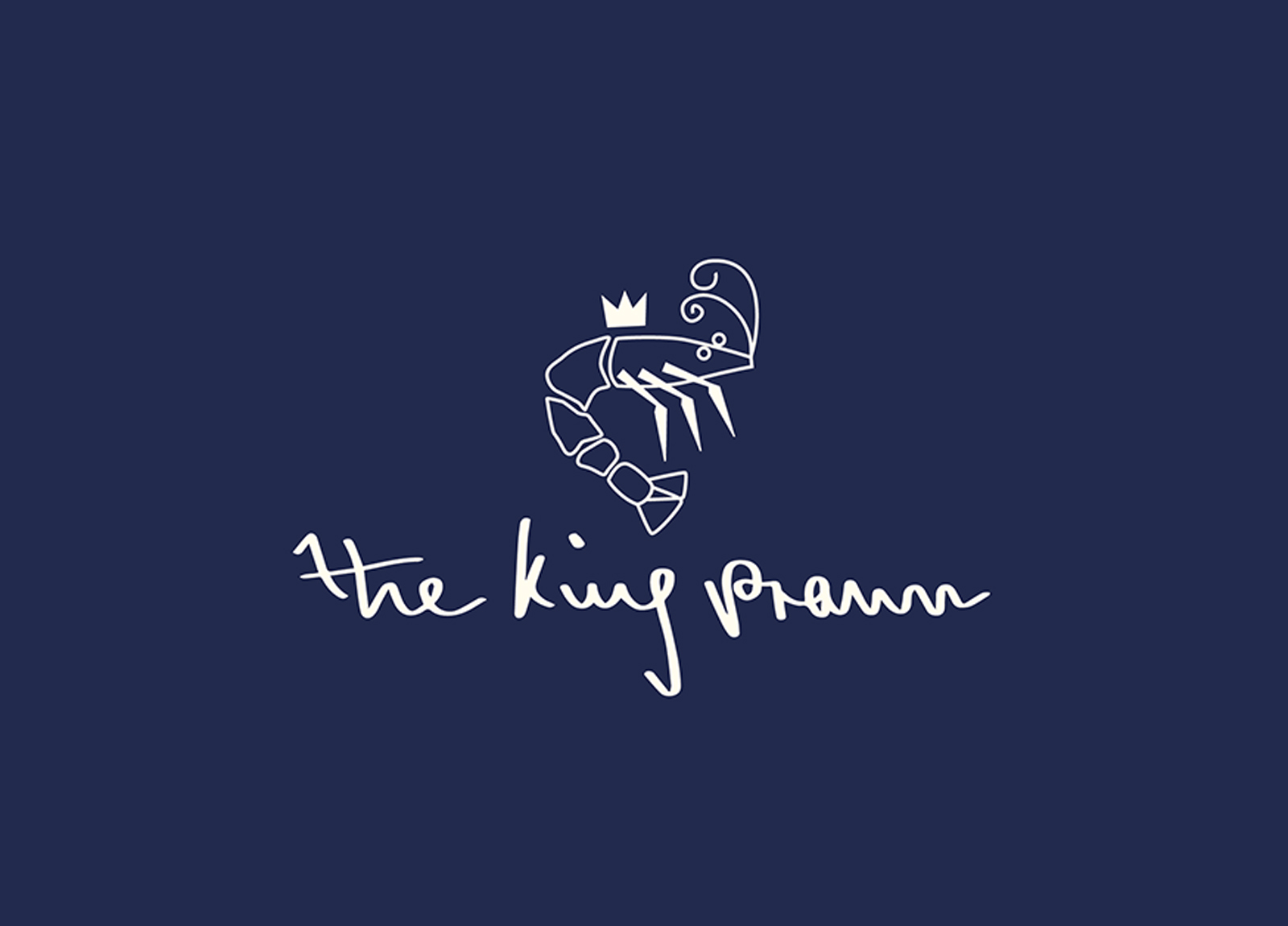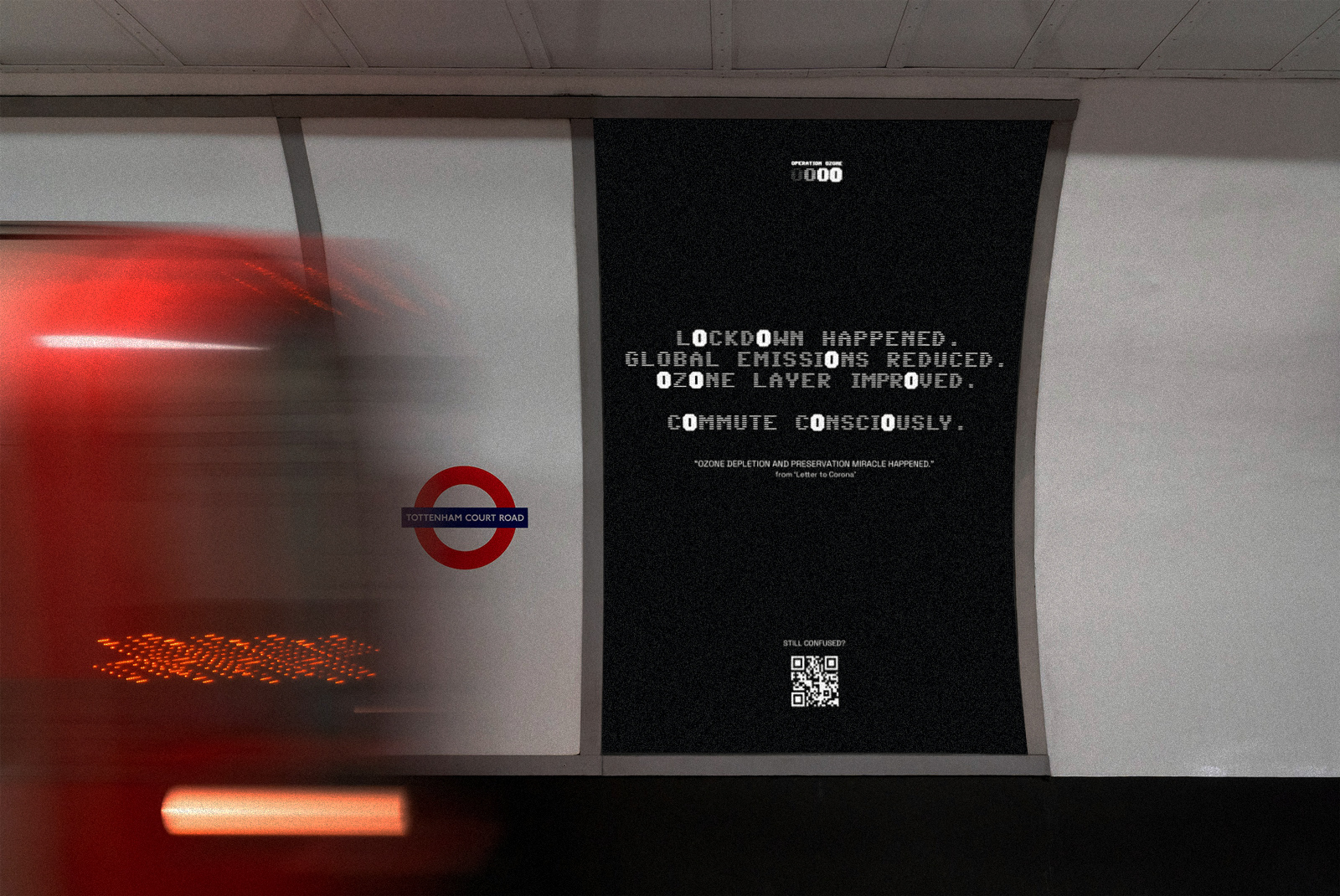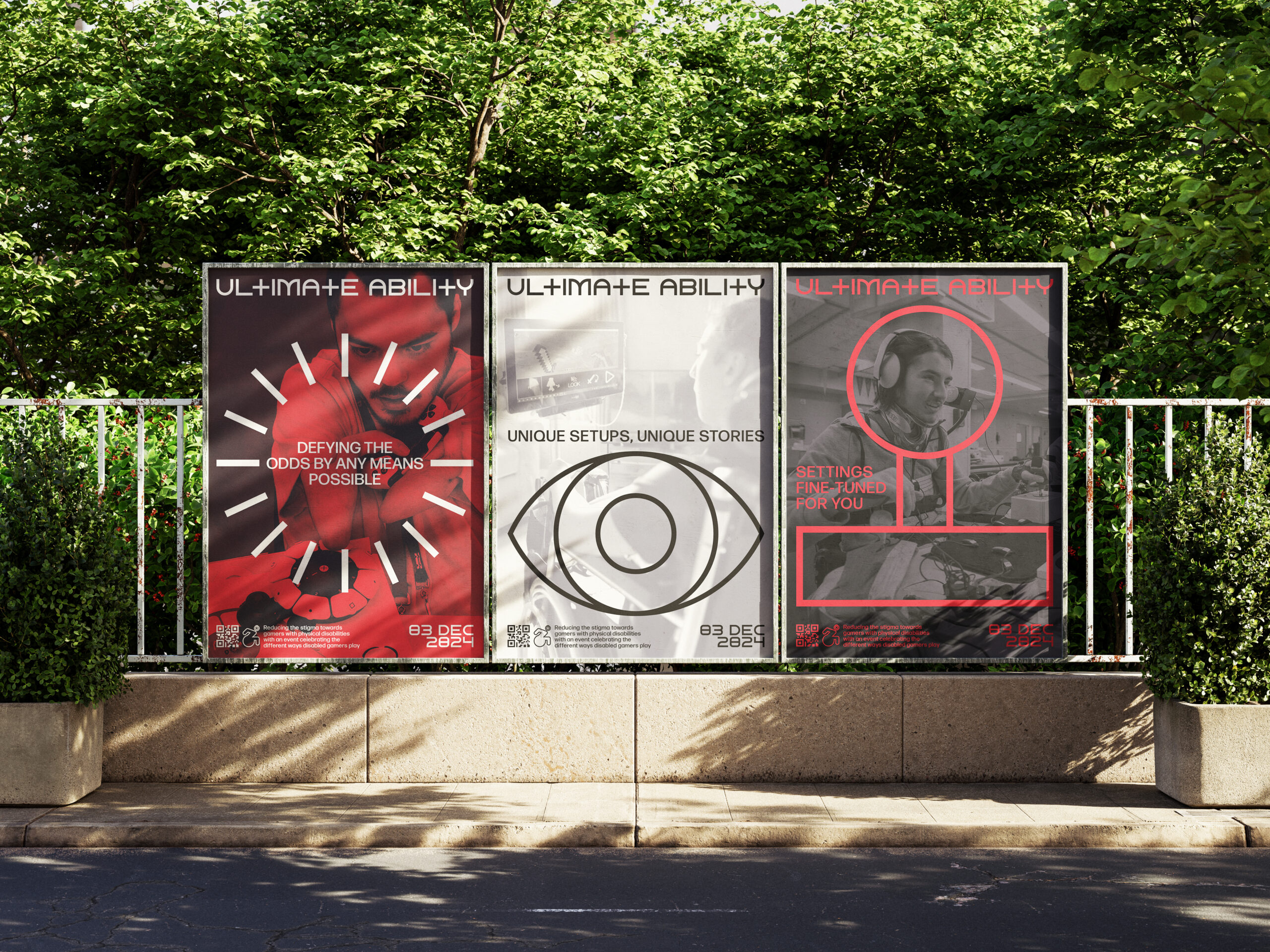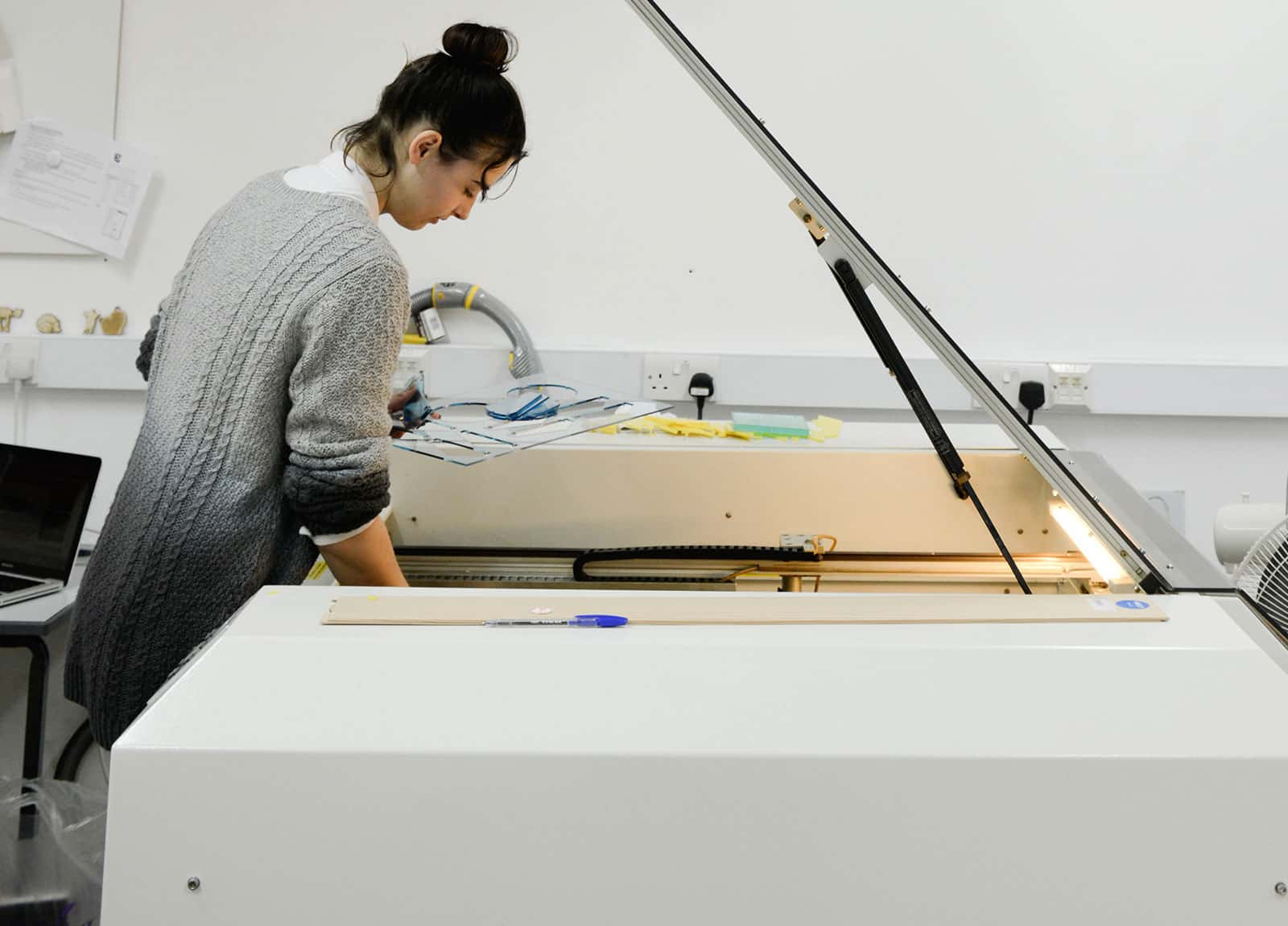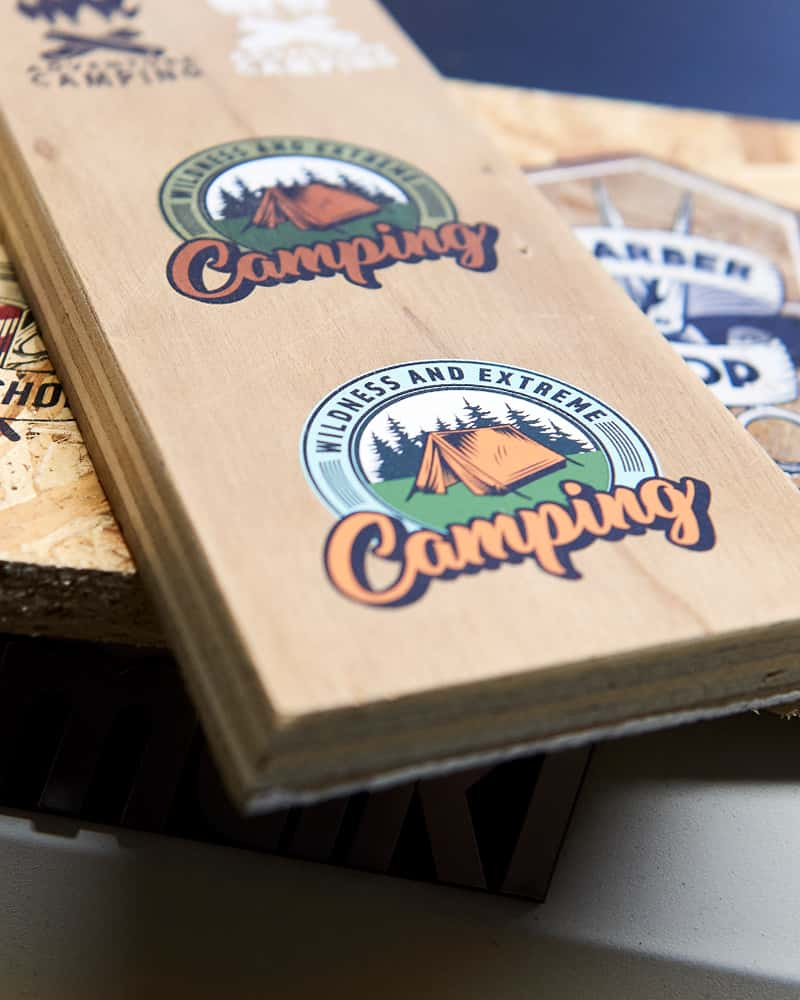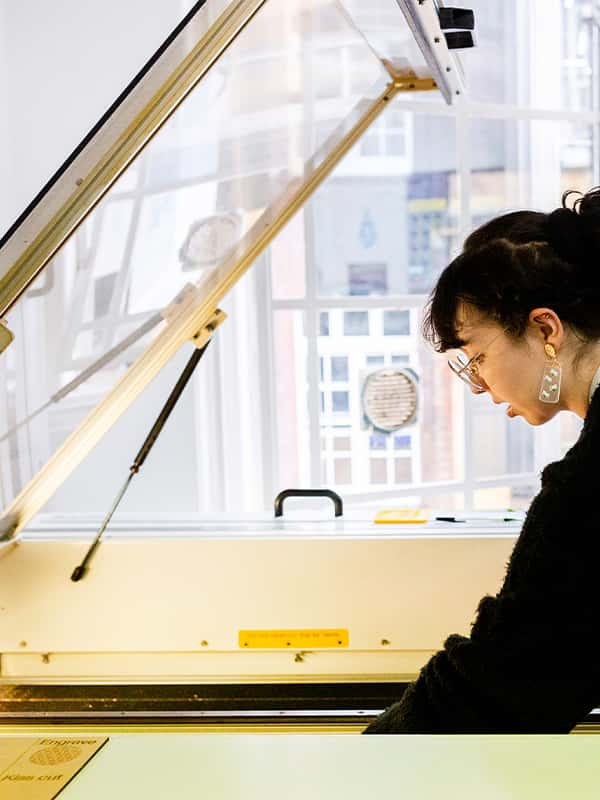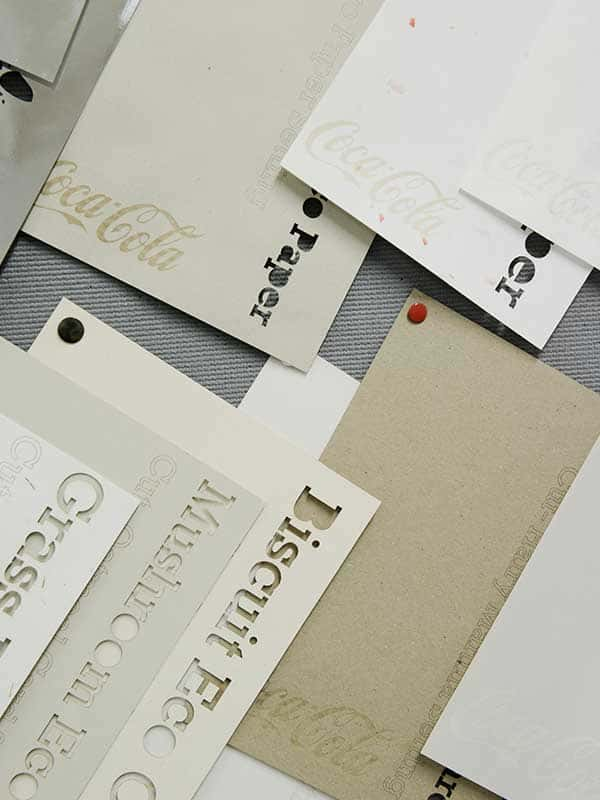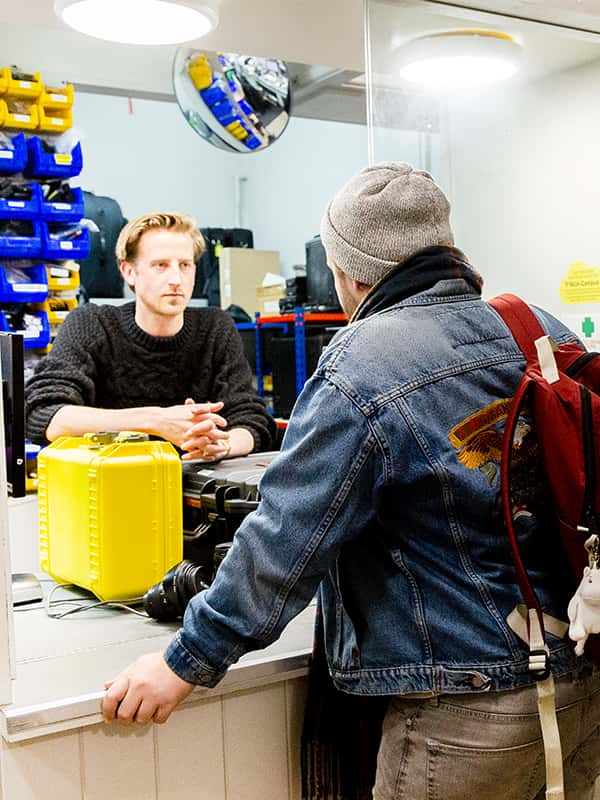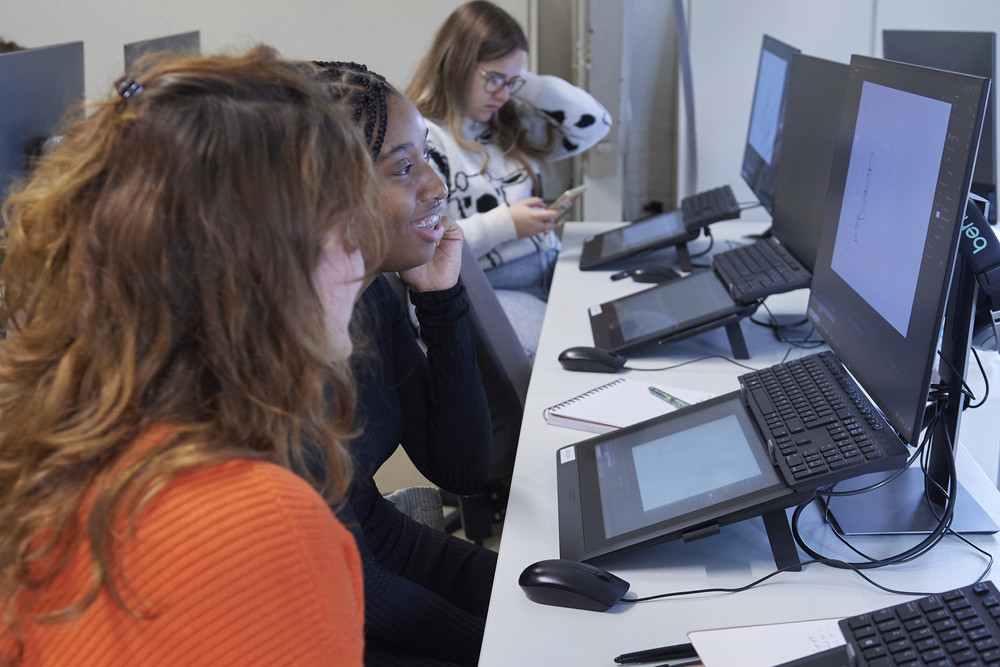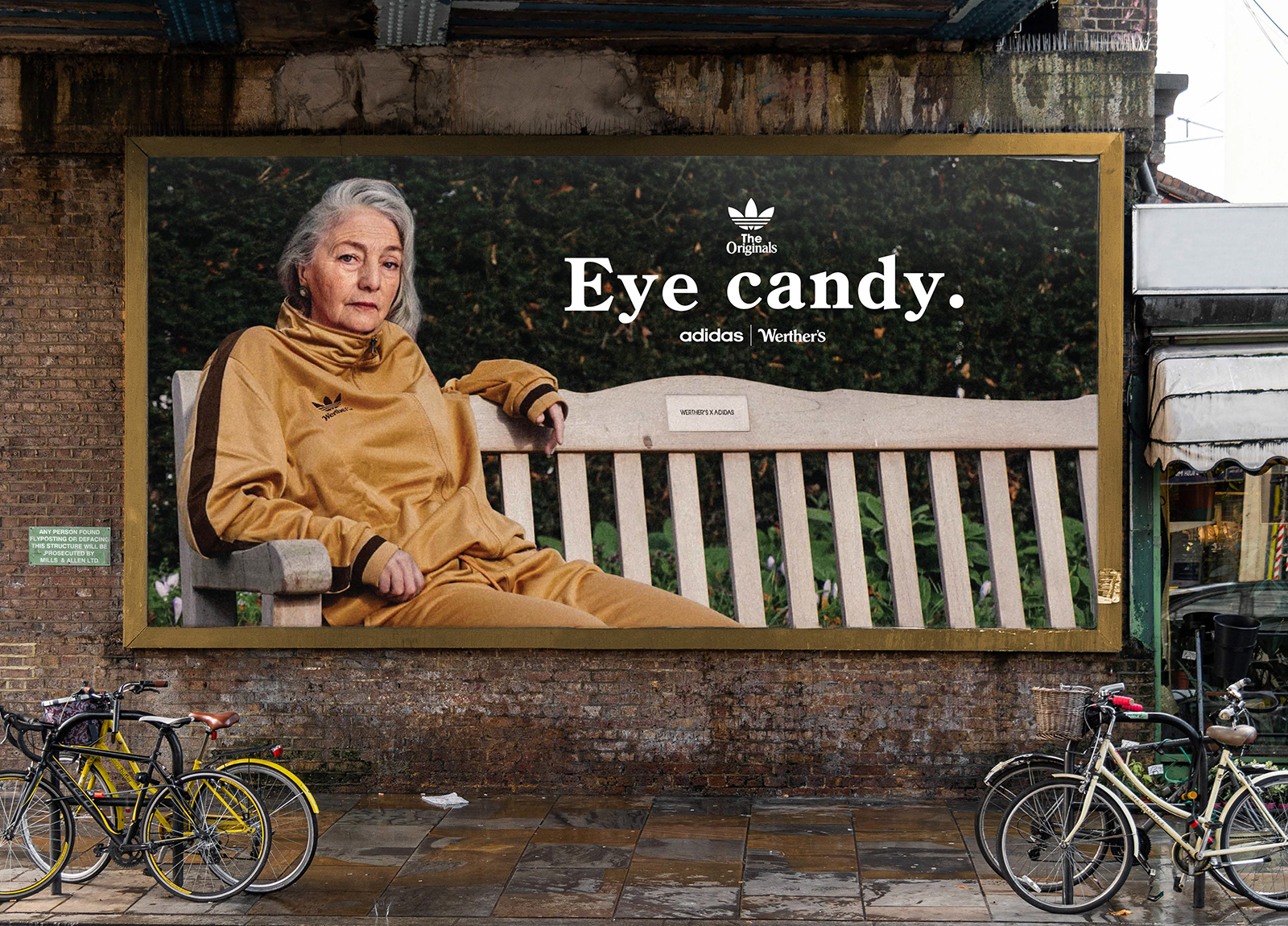

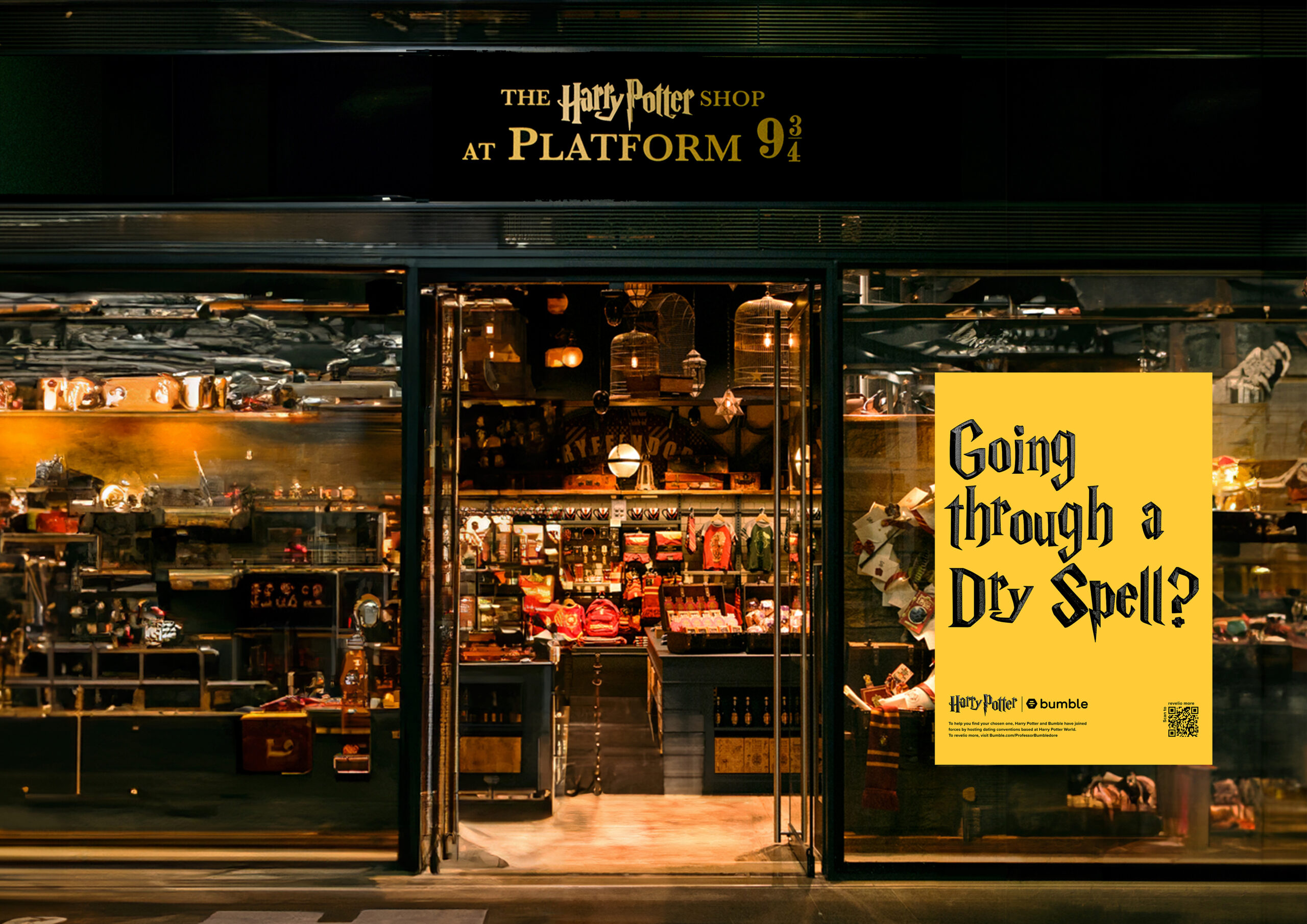
Graphic Communication BA (Hons)
Ignite your passion for exploring visual ideas and brand communication from real-world problems to commercial briefs, across print and digital.
-
Course Duration
3 or 4 Year options
-
Course Options
- Diploma Year
- Intergrated Foundation Year
-
Typical Offer
104-120 UCAS Tariff Points
- How to Apply Request a prospectus
-
Annual Fees
- Home (full-time) £9,790
- Overseas (full-time) £18,860
-
UCAS code
- W213 (3 Year), W214 (4 Year)
- Institution code: N39
-
Course Start
September 2026
Our BA (Hons) Graphic Communication is a cutting-edge brand communications degree that will equip you with the skills to design everything from visual identities and advertising campaigns to websites, apps, motion, film and animation. Typography, copywriting, imagery, motion, digital and print applications are all integral components of the programme.
Ignite your passion for exploring visual identities, brand communications and advertising, working across across digital, motion and print. The course is closely aligned to the industry, and you will work on a wide variety of briefs set by staff, professional design agencies and external competitions.
Thanks to our strong links to industry, recent graduates are highly employable and have found full-time employment in leading design studios, working in areas such as branding and digital, motion and cross-platform advertising.
Your original ideas are as likely to play out through an app, website or augmented reality experience as a printed poster, pamphlet or journal. Your knowledge and skills will grow in branding, identity, advertising, motion graphics, and interaction/UX design whilst developing strong skills in creative thinking and ideas-led communication solutions. You’ll be challenged to engage with real-world problems, controversies and commercial briefs through research, design and technology.
Graphics at Norwich
Why study with us
-
Share your first year with other graphics students, and continue to work alongside each other, allowing for a unique cross fertilisation of knowledge, skills and experience.
-
Develop skills in typography, layout, photography, motion graphics, copywriting, screen design, design research and idea generation.
-
Learn technical skills in various design-related digital software such as InDesign, Photoshop and Illustrator, After Effects, and Figma.
-
Become expert at understanding and deciphering a brief, researching, and generating ideas, problem-solving, developing the most successful concept and executing and presenting the final work.
-
Create clever ideas-based solutions for organisations and brands, ‘design for good’ and advertising campaigns that aim to address global problems.
-
Explore printed, digital and spatial formats, including books, posters, brochures and reports, websites, apps, user interfaces, user experience design and 3D/spatial super-graphics.
-
Participate in workshops and classes run by external professionals, undertake project briefs initiated and taught by designers from industry, and enter national and international design competitions judged by the design industry.
Course Details
Integrated Foundation Year (optional)
Integrated Foundation Year
Our Integrated Foundation Year is designed to equip students with the necessary skills, knowledge and confidence to thrive in their chosen degree subject. The course provides a comprehensive introduction to various disciplines, blending critical thinking and creative problem-solving with practical hands-on experience. This year serves as a bridge to undergraduate studies, allowing students to explore their interests within a supportive and inspiring environment, while familiarising themselves with the campus, workshops, and tutors.
Year 1
Core Units
Creative Learning (40 credits)
In the first year, the curriculum is shared across related graphics courses, enabling you to gain a broad grounding in the discipline before going on to specialist units in your chosen field in the second and third years. In your common first year, you will explore the fundamentals of design. With a focus on process, you will explore techniques, technologies, and research-inspired design as you work on individual and team projects. The course expands to cover a huge range of experimental processes, platforms, and technologies, meaning that you will build a strong portfolio demonstrating your design skills and innovative practice. This unit also introduces theories and ideas of design and visual culture and teaches you how to use them in your practical work.
40 credits
Explore and Experiment (80 credits)
In this unit, you will explore and experiment with techniques, materials, and media. You explore the fundamental principles of visual communication and develop skills in typography, printing, layout, photography, design research, idea generation, and storytelling. You’ll learn technical skills in various design-related software such as InDesign, Photoshop, Illustrator, Figma, and After Effects. You’ll be introduced to essential skills in organising and presenting complex data and information using typography, illustration, infographics, and wider graphic language, as well as how people view, process, and act on the wealth of visual information they receive every day.
80 credits
Core Projects
Wayfinding Week
The first week of each academic year is called Wayfinding week. It’s an opportunity get your bearings, establish new connections and, after your first year at Norwich, re-establish old ones. Your course team will talk you through the year ahead and explain the expectations for the year. We’ll help you navigate new encounters and identify areas to focus on as you progress through your course.
Make it Manifest(o)
An important element of Wayfinding Week is taking part in our annual ‘Make it Manifest(o)’ project. Your course team will introduce the project in which we’ll ask you to consider your hopes and vision of the year ahead at Norwich and work with students in other year groups to bring your ideas to life. The project culminates in a celebratory display of work across the campus. The project will help you to develop your critical creativity through different approaches, concepts, and mediums. You’ll encounter diverse perspectives and build friendships and networks within our university community.
Interchange Week
Interchange weeks are opportunities to step away from your disciplinary studies and engage in projects, workshops, visits and talks that extend your knowledge and understanding of the world. Whether you learn a new skill or take part in a global challenge project with students from other courses, you will come away with new insights to take back to your course. Interchange is part of the schedule for all Norwich students with sessions held across and beyond the campus led by university staff, visiting lecturers and students.
Year 2
Core Units
Global Contexts (80 credits)
This unit will develop your ability to creatively respond to graphic communication design challenges through real-world problem-solving exercises. You’ll apply professional practice skills to live projects and competition briefs, navigating the needs of different audiences and the complex demands of commercial design practice. Typography, copywriting, imagery, motion, and print applications lie at the heart of all your work, exploring printed and digital formats, including books, journals, magazines, motion graphics, social media campaigns, websites and apps. You will examine cultural, social and theoretical contexts underpinning contemporary graphic communication design and discover emerging themes that will begin to inform your creative practice.
80 credits
Collaboration (40 credits)
This unit will introduce how collaborative work can help you focus and enhance your creative thinking, exposing you to new processes and approaches. You’ll have the chance to work with fellow students and external agencies to generate solutions for a range of project briefs. You’ll increase your focus on understanding varied themes and the role of audiences and other stakeholders in creating targeted and clever ideas-based solutions for organisations and brands, charities and social causes, design for good/change and campaigns. Students will evaluate their outputs by adopting various roles and exploring alternative perspectives, recognising their value in enhancing their work. Projects are supported by a range of sessions and workshop activities, including opportunities for developing technical skills, engaging in research, typography, motion/screen design software, branding, and copywriting.
40 credits
Core Projects
Wayfinding Week
The first week of each academic year is called Wayfinding week. It’s an opportunity get your bearings, establish new connections and, after your first year at Norwich, re-establish old ones. Your course team will talk you through the year ahead and explain the expectations for the year. We’ll help you navigate new encounters and identify areas to focus on as you progress through your course.
Make it Manifest(o)
An important element of Wayfinding Week is taking part in our annual ‘Make it Manifest(o)’ project. Your course team will introduce the project in which we’ll ask you to consider your hopes and vision of the year ahead at Norwich and work with students in other year groups to bring your ideas to life. The project culminates in a celebratory display of work across the campus. The project will help you to develop your critical creativity through different approaches, concepts, and mediums. You’ll encounter diverse perspectives and build friendships and networks within our university community.
Interchange Week
Interchange weeks are opportunities to step away from your disciplinary studies and engage in projects, workshops, visits and talks that extend your knowledge and understanding of the world. Whether you learn a new skill or take part in a global challenge project with students from other courses, you will come away with new insights to take back to your course. Interchange is part of the schedule for all Norwich students with sessions held across and beyond the campus led by university staff, visiting lecturers and students.
Diploma Year (optional)
Level 5 Diploma (120 credits)
Students have the opportunity to spend a year after the second of their degree (or the third year if studying for a degree with an Integrated Foundation Year) enhancing their employability options through a Level 5 Diploma. They can choose from courses designed to provide:
- opportunities to gain industry insight, developing employability skills through a series of supported experiences, expanding professional networks and building confidence in the workplace, or
- an introduction to creative computing, building an understanding of how coding skills can be used to advance and complement creative practice.
Final Year
Core Units
Research and Preparation (40 credits)
This is the first, and shorter, of the two units that make up your final year of undergraduate study. You will work on several set and self-initiated projects, including competition briefs and client briefs set by designers in the industry. You will continue to advance your core skills in 2D and 3D design, specifically in typography, layout, image usage and editing, print/physical, and screen based digital technologies. You will deliver a research report related to your studio practice, exploring the dialogue between contextual issues, cultural theories, and debates within the discipline. Group and individual tutorials will provide stimulating and supportive sessions to help you develop your research ideas and those of others.
40 credits
Resolution and Career Development (80 credits)
This unit will allow you to deliver final major design projects, embracing the entire design process and demonstrating your approach to, and engagement with, graphic communication. This will form a significant part of your portfolio, showcasing your exploration of new and traditional media within contemporary graphic communication design. Throughout your course, you will have access to regular industry talks from some of the highest-profile designers, studios, and agencies anywhere in the world. At the end of the year, you’ll have the opportunity to display your final year project as part of our degree show, Grad Fest, which allows you to showcase your work to our network of industry professionals and prospective employers.
80 credits
Core Projects
Wayfinding Week
The first week of each academic year is called Wayfinding week. It’s an opportunity get your bearings, establish new connections and, after your first year at Norwich, re-establish old ones. Your course team will talk you through the year ahead and explain the expectations for the year. We’ll help you navigate new encounters and identify areas to focus on as you progress through your course.
Make it Manifest(o)
An important element of Wayfinding Week is taking part in our annual ‘Make it Manifest(o)’ project. Your course team will introduce the project in which we’ll ask you to consider your hopes and vision of the year ahead at Norwich and work with students in other year groups to bring your ideas to life. The project culminates in a celebratory display of work across the campus. The project will help you to develop your critical creativity through different approaches, concepts, and mediums. You’ll encounter diverse perspectives and build friendships and networks within our university community.
Interchange Week
Interchange weeks are opportunities to step away from your disciplinary studies and engage in projects, workshops, visits and talks that extend your knowledge and understanding of the world. Whether you learn a new skill or take part in a global challenge project with students from other courses, you will come away with new insights to take back to your course. Interchange is part of the schedule for all Norwich students with sessions held across and beyond the campus led by university staff, visiting lecturers and students.
Download course specifications

Learning and teaching
This course is taught through a mixture of learning and teaching methods including:
-
Group briefings
-
Academic tutorials
-
Group tutorials
-
Workshops
-
Critiques (crits)
-
Seminars
-
Lectures
Assessment
Assessment for this course is entirely coursework-based, meaning there are no exams. Your progress will be evaluated through the projects and assignments you complete for each unit. Throughout the year, you’ll receive ongoing feedback to help you refine your work and develop your skills. To support your learning and ensure you achieve the course outcomes, we use a variety of assessment methods, including:
- Finished pieces of work
- Presentations
- Written work
- Your research
- A reflective journal
Some of the people you’ll be working with
- Showing 1-8 of 9 results
-
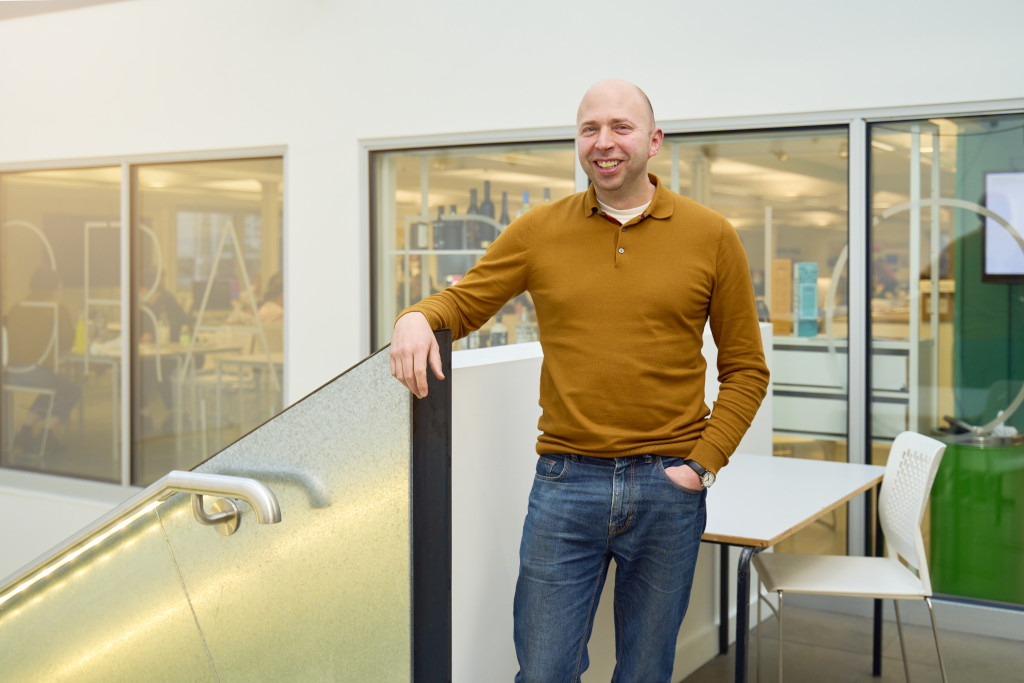
Martin Schooley
Director of Communication Design
-
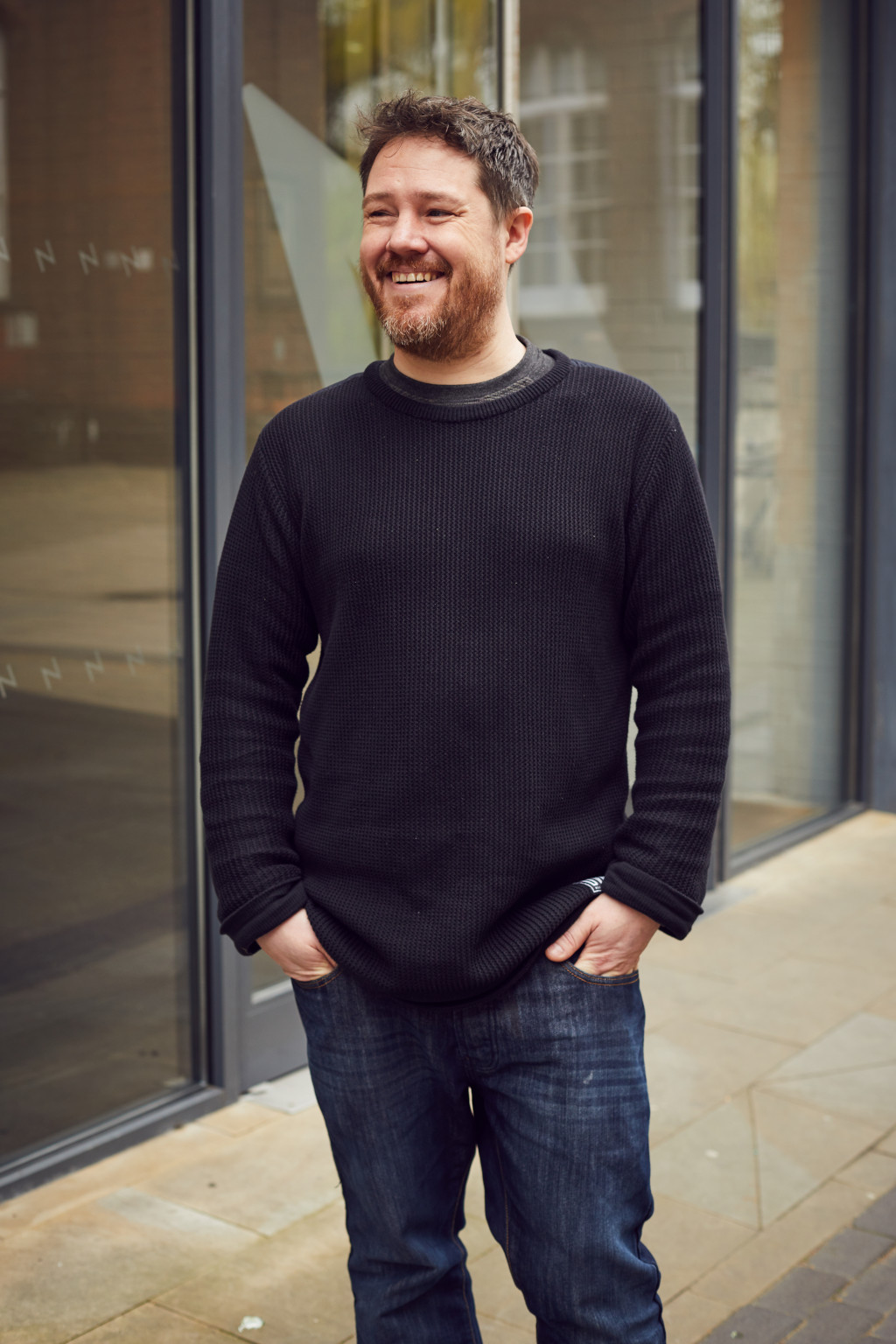
Dave Watson
Course Leader, Graphic Communication and User Experience Design
-
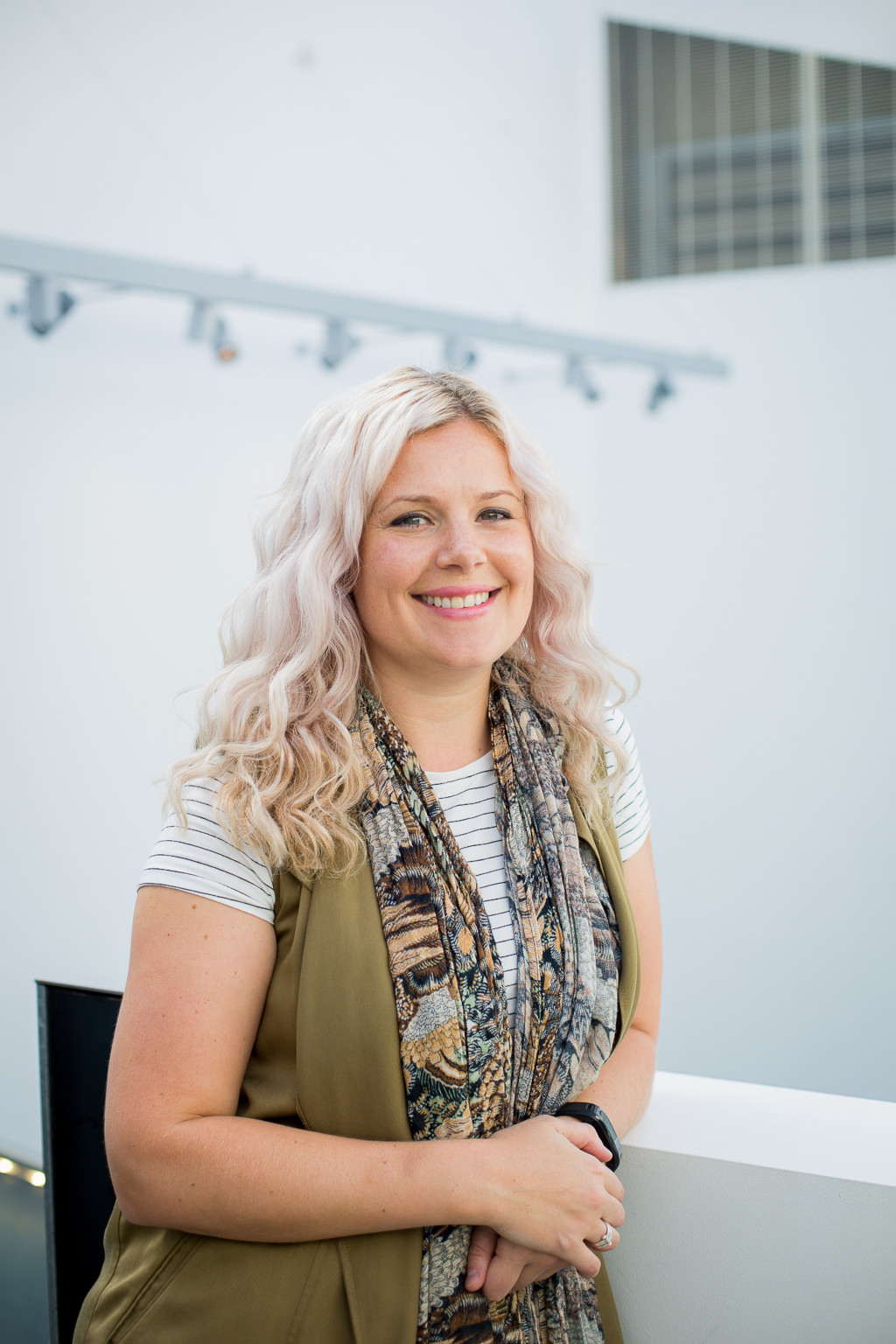
Amy Ward
Senior Lecturer
-
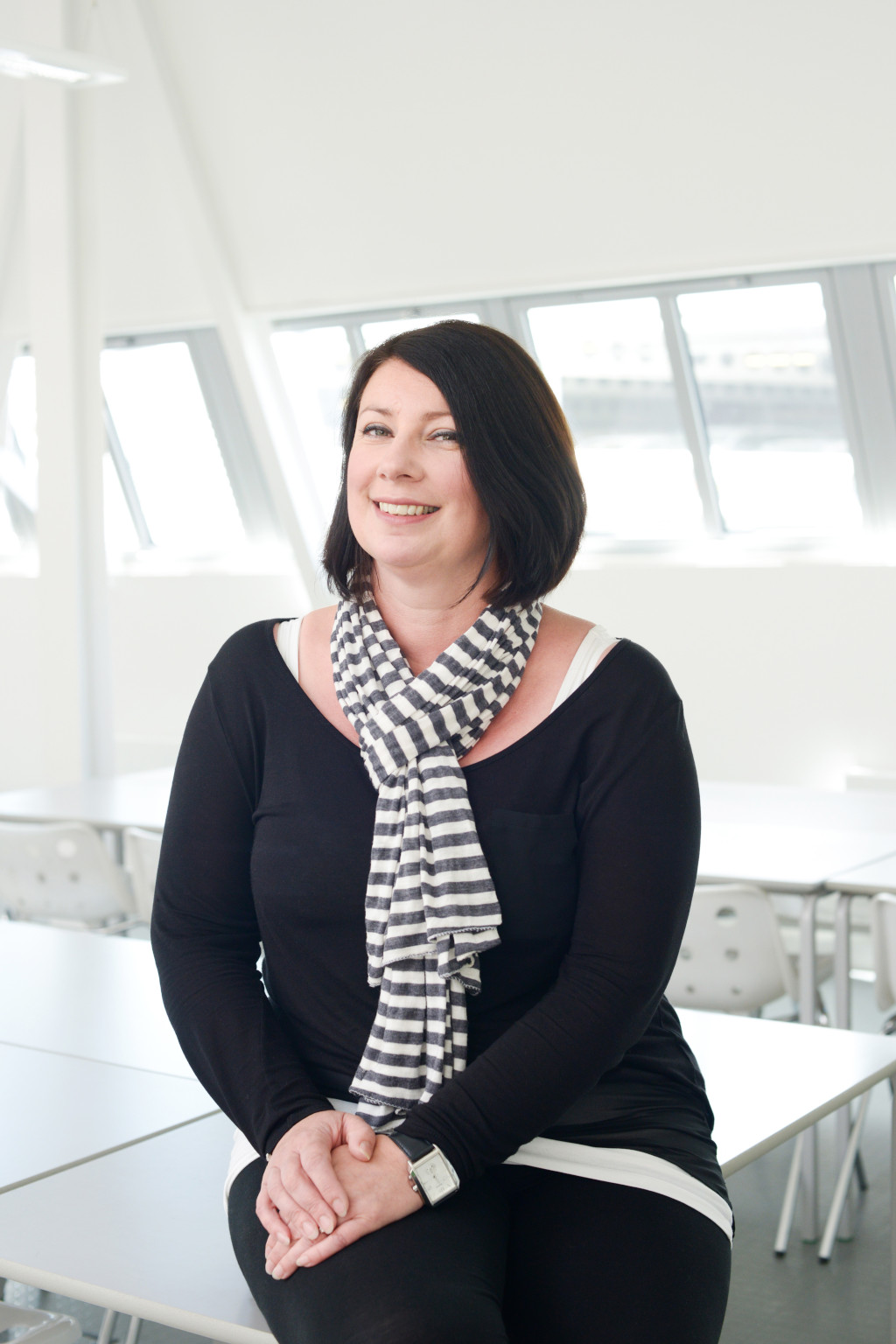
Gill Johnson
Senior Lecturer
-
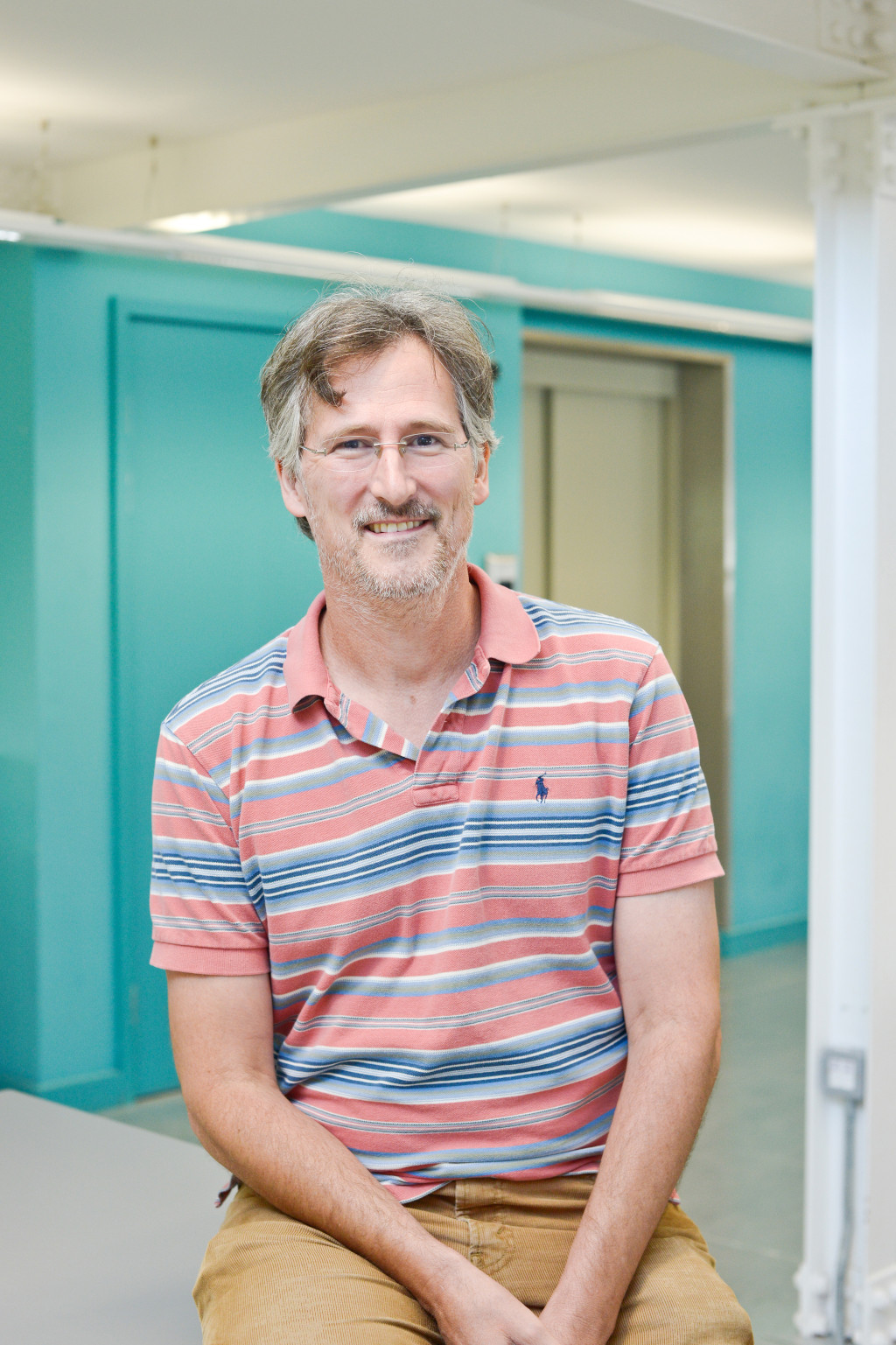
Dr Nicolas P Maffei
Senior Lecturer
-
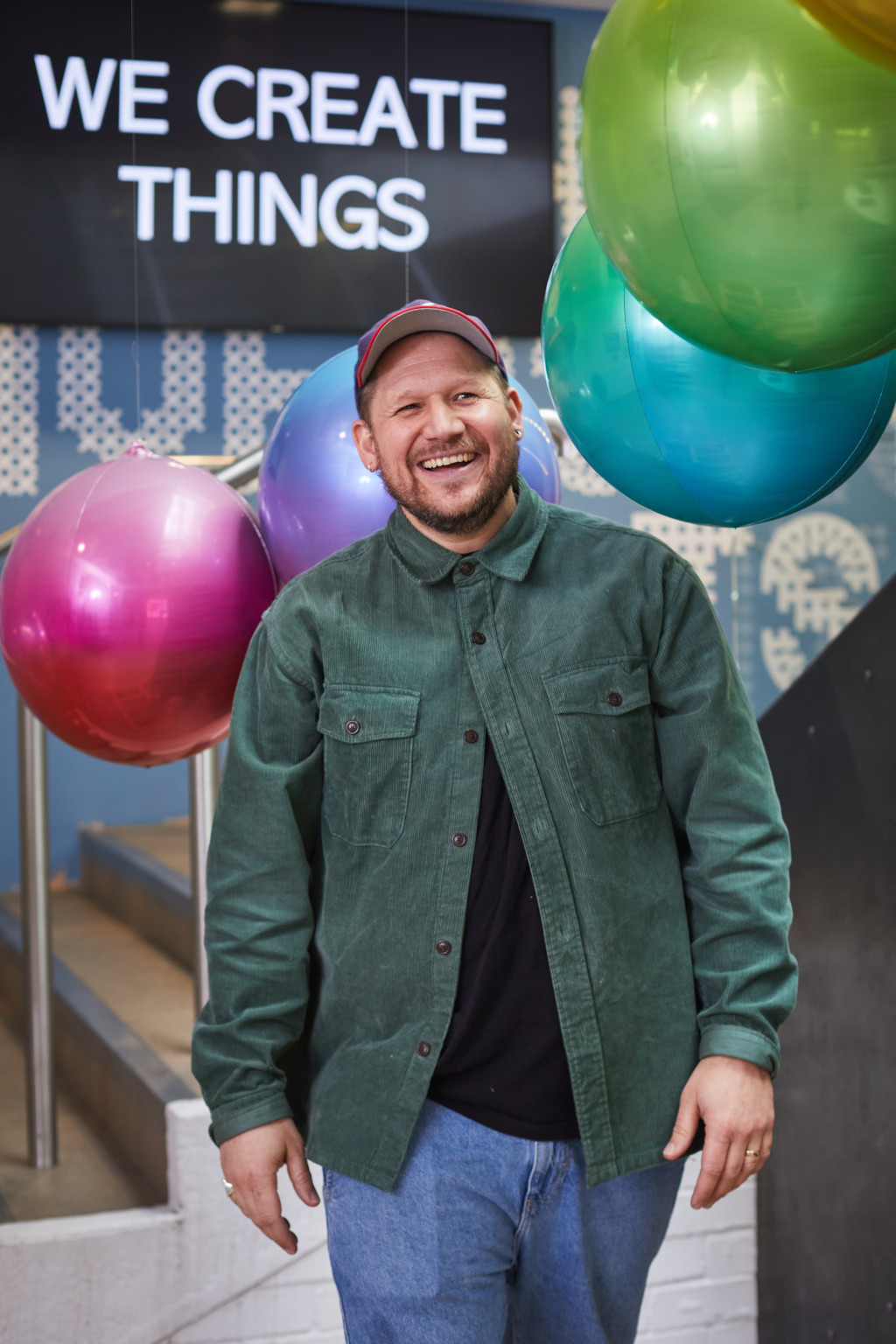
Andy Judd
Lecturer
-
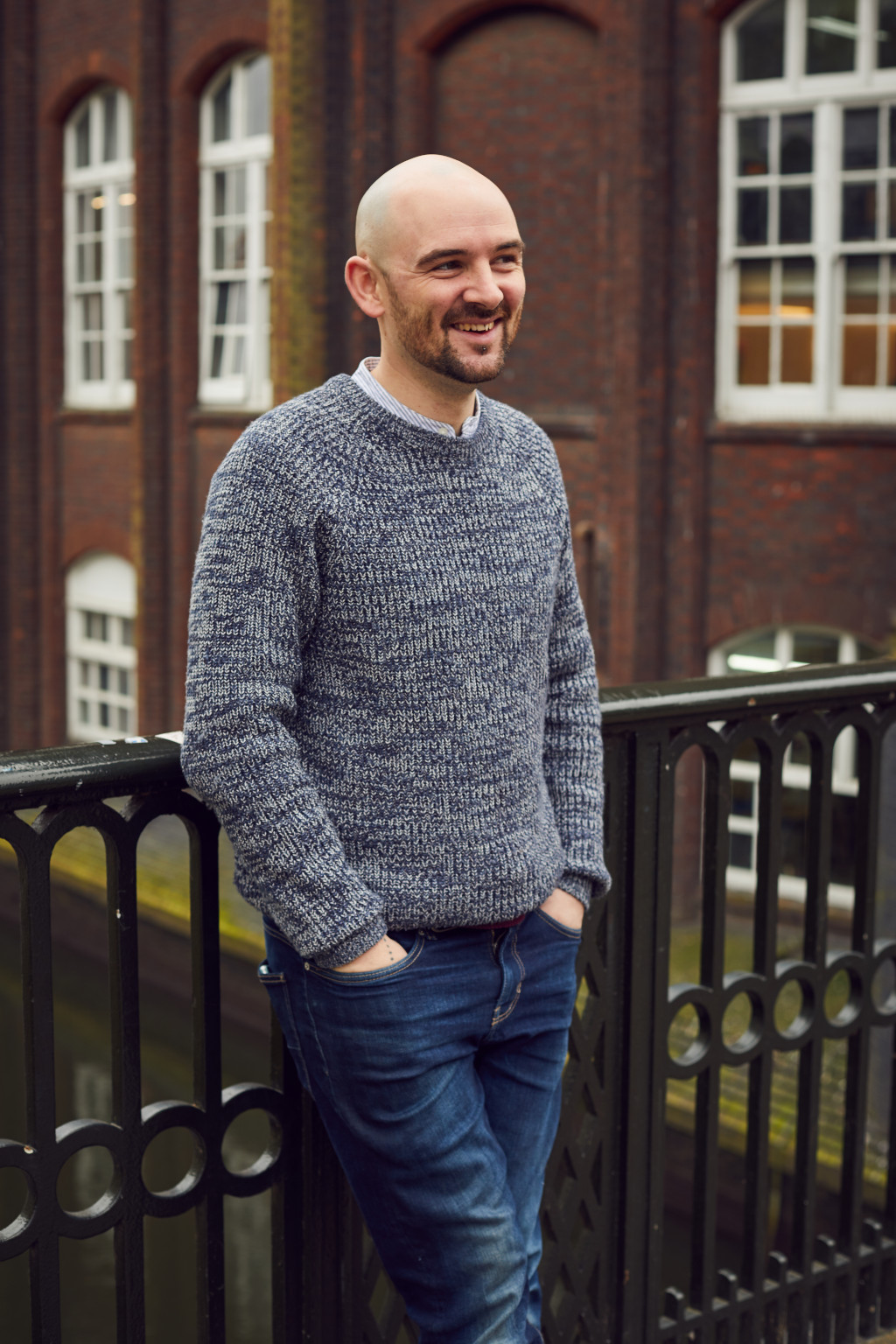
Jamie Johnstone
Lecturer
-
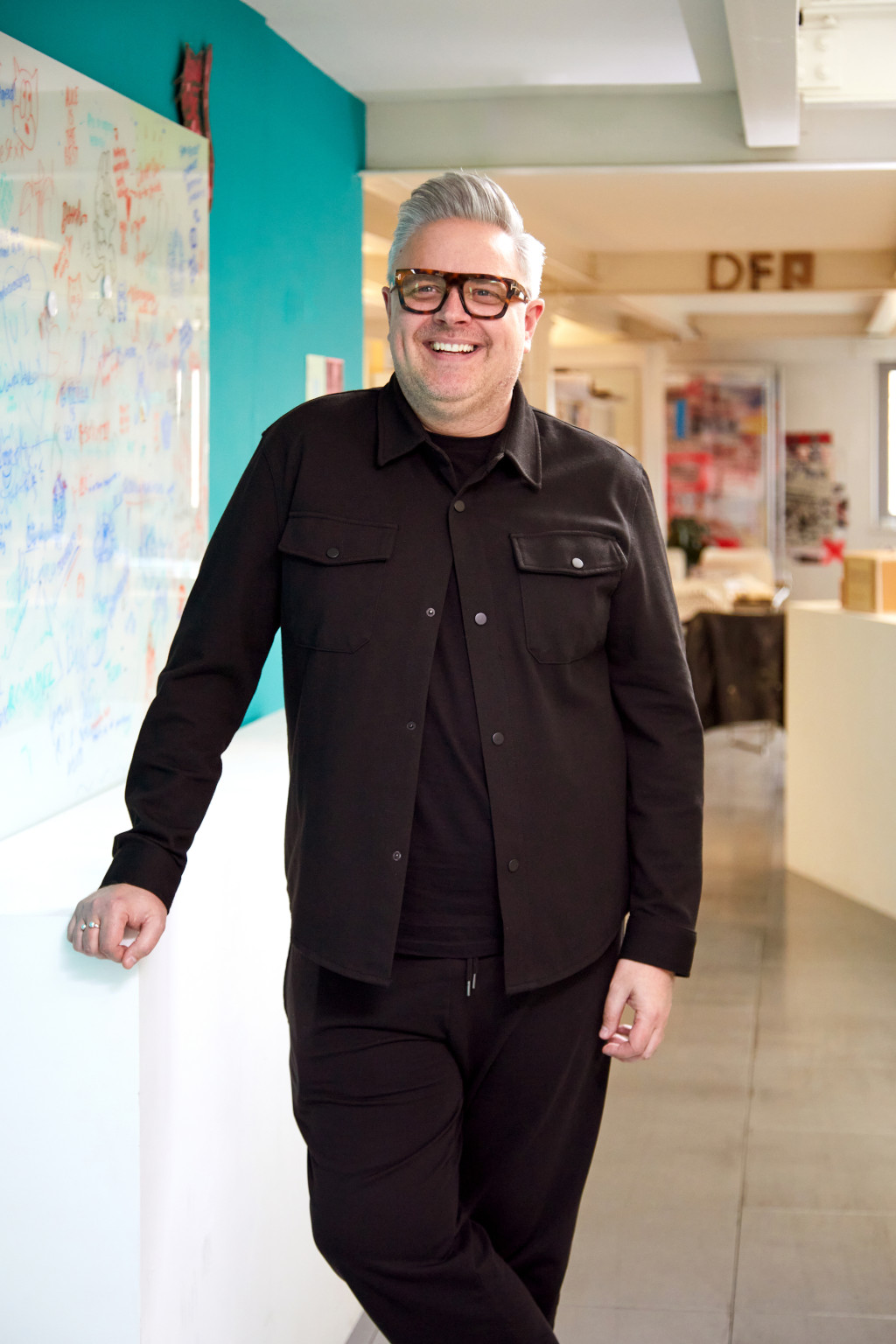
Scott Rozier
Lecturer
Our Facilities
Look around our city-centre campus, and you will find studios, media labs, and creative spaces in 13 buildings that sit among the cafés, bars, independent galleries and shops of Norwich’s cultural quarter.
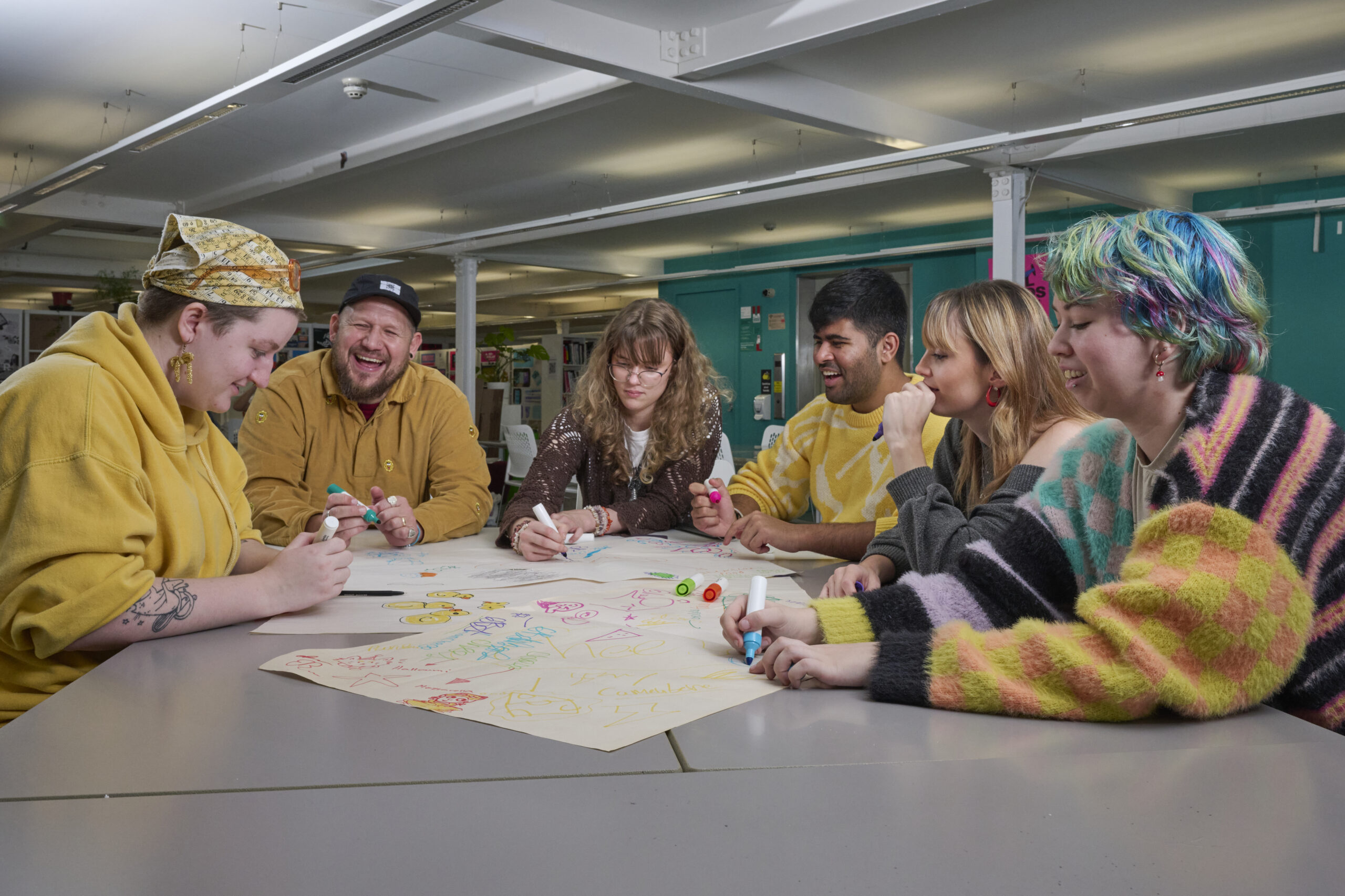
Typical career paths
Our course provides a range of employment-focused tools, allowing you to develop a professional portfolio and gain a strong sense of your career aspirations. Graduates have achieved great success, receiving multiple awards from prestigious competitions such as D&AD New Blood Awards, YCN Awards, and Creative Conscience Awards, leading to direct access to the design industry.
Many students have secured placements and full-time employment at renowned agencies such as Superunion, Magpie, and Pentagram. Other have found employment at some of the most prestigious design agencies including Weirdo, Tommy, North, Accept & Proceed, Sunday, Paul Belford and many, many more.
- Graphic designer
- Digital designer
- Website designer
- App designer
- Branding designer
- Advertising creative
- Promotions designer
- Brand strategist
- Copywriter
- Printmaker/printer
- Filmmaker/animator
“92% of our graduates are in employment or further education within six months of graduating”
Graduate Outcomes 2021
Entry requirements
Home
Norwich University of the Arts welcomes applicants of all ages from all backgrounds.
If the qualification that you are studying is not shown, do not worry as we are able to accept other pre-entry qualifications as well as combinations of different qualifications.
Please do contact our Student Recruitment Team if you have any queries.
A/AS Levels (GCE)
GCE A/AS Levels 3 A-level qualifications at grades BCC (104 UCAS Tariff points) or above. Where candidates are not taking 3 A-levels, Norwich University of the Arts will consider combinations of A-level/AS-level and other Level 3 qualifications.
BTEC Extended Diploma (QCF or RQF)
Distinction, Merit, Merit in an art, design or media related subject
BTEC Diploma (QCF or RQF)
Distinction*, Distinction* in an art, design or media related subject
T Levels
A T Level in any subject with overall grade A* to C (Pass)
UAL Extended Diploma
Merit
UAL Level 3 Foundation Diploma in Art and Design
Pass
UAL Level 4 Foundation Diploma in Art and Design
Pass
Foundation Diploma in Art and Design
Pass
Access to Higher Education Diploma (Art and Design)
Pass
International Baccalaureate Diploma
A minimum of 26 points
Integrated foundation year (optional)
Norwich University of the Arts welcomes applicants of all ages from all backgrounds.
If the qualification that you are studying is not shown, do not worry as we are able to accept other pre-entry qualifications as well as combinations of different qualifications.
Please do contact our Student Recruitment Team if you have any queries.
A/AS Levels (GCE)
GCE A/AS Levels 2 A-level qualifications at grades CC (64 UCAS Tariff points) or above.
BTEC Extended Diploma (QCF or RQF)
Merit, Merit, Pass in an art, design or media related subject
BTEC Diploma (QCF or RQF)
Distinction*, Merit in an art, design or media related subject
T Levels
Pass (D or E on the core)
UAL Extended Diploma
Pass
UAL Level 3 Foundation Diploma in Art and Design
Pass
UAL Level 4 Foundation Diploma in Art and Design
Pass
Foundation Diploma in Art and Design
Pass
International Baccalaureate Diploma
A minimum of 26 points
Overseas
We accept qualifications from all over the world.
To find our entry requirements from a specific country, please check our dedicated international pages.
English language qualifications
Most international students are required to hold an English language qualification. Applicants are required to have a minimum UKVI approved IELTS exam score of 6.0 overall, with a minimum of 5.5 in each section. Equivalent English language qualifications are acceptable such as, IB English language syllabus A or B/English Literature (Grade 4).
We also accept some alternative English qualifications. Learn more about our English entry requirements.
You can email us on international@norwichuni.ac.uk if you’d like to discuss your application individually.
Fees and funding
Home
Tuition fees for the 2026/27 academic year
- BA course (three year): £9,790 per year
- Integrated Foundation Year (optional): £9,790 per year
- Level 5 Diploma Year (optional): £9,790 year
The level of fee that you will be asked to pay depends on whether you’re classed as a UK (home) or international student. Check your fee status.
Fees for subsequent years
Tuition fees may increase in subsequent years in line with inflation, subject to government regulations. The inflation rate used is expected to be the Retail Price Index excluding mortgage payments (RPIX). We would confirm this in advance to you of each academic year.
Find our more about fees and funding
Funding your study
Depending on your circumstances, you may qualify for a bursary, scholarship or loan to help fund your study and enhance your learning experience.
International
Tuition fees for the 2026/27 academic year
- BA course (three year): £18,860
- Integrated Foundation Year (optional): £18,860
- level 5 Diploma year (optional): £18,860
The level of fee that you will be asked to pay depends on whether you’re classed as a UK (home) or international student. Check your fee status.
Fees for subsequent years
For Overseas students starting in 2026 inflation will be applied to your fees in later years. We will confirm this in advance to you of each academic year, and we will limit the increase to no more than the Office for Students’ recommended inflationary measure.
Find our more about fees and funding
Funding your study
Please take a look at our International students page for information about fees, scholarships for international students, visas and much more.
Additional costs
Your course fees cover the cost of studies, and include loads of benefits, such as the use of our library, support from our expert employability team, access to workshops and free use of the IT equipment across our campuses. There are also other costs which you may need to consider.
How to apply
Home
All applications for undergraduate courses will need to be made via the Universities and Colleges Admissions Service (UCAS).
You’ll need our university UCAS code (N39) as well as your course code which you’ll find on your course page.
When you register with UCAS you will need include your previous and current qualifications information, personal statement, and reference.
Once we receive your application form through UCAS, we will email confirmation that we have received it and will give you access and instructions for logging into the applicant portal. Our decision will be communicated via UCAS.
Applying for an undergraduate degreeInternational
Full-time Undergraduate International applicants can either apply via UCAS or directly by completing the online application form below or emailing the downloadable form to ioadmissions@norwichuni.ac.uk
Online Application Form (opens in a new window)For further support for international applicants applying for an undergraduate degree view our international pages.
-
Emma Watts
Graphic Communication BA (Hons)
Eloise Woodcock-Jones
Graphic Communication BA (Hons)
Reece Tenneson Parsons
Graphic Communication BA (Hons)
Olivia Knights
Graphic Communication BA (Hons)

Latest news
-
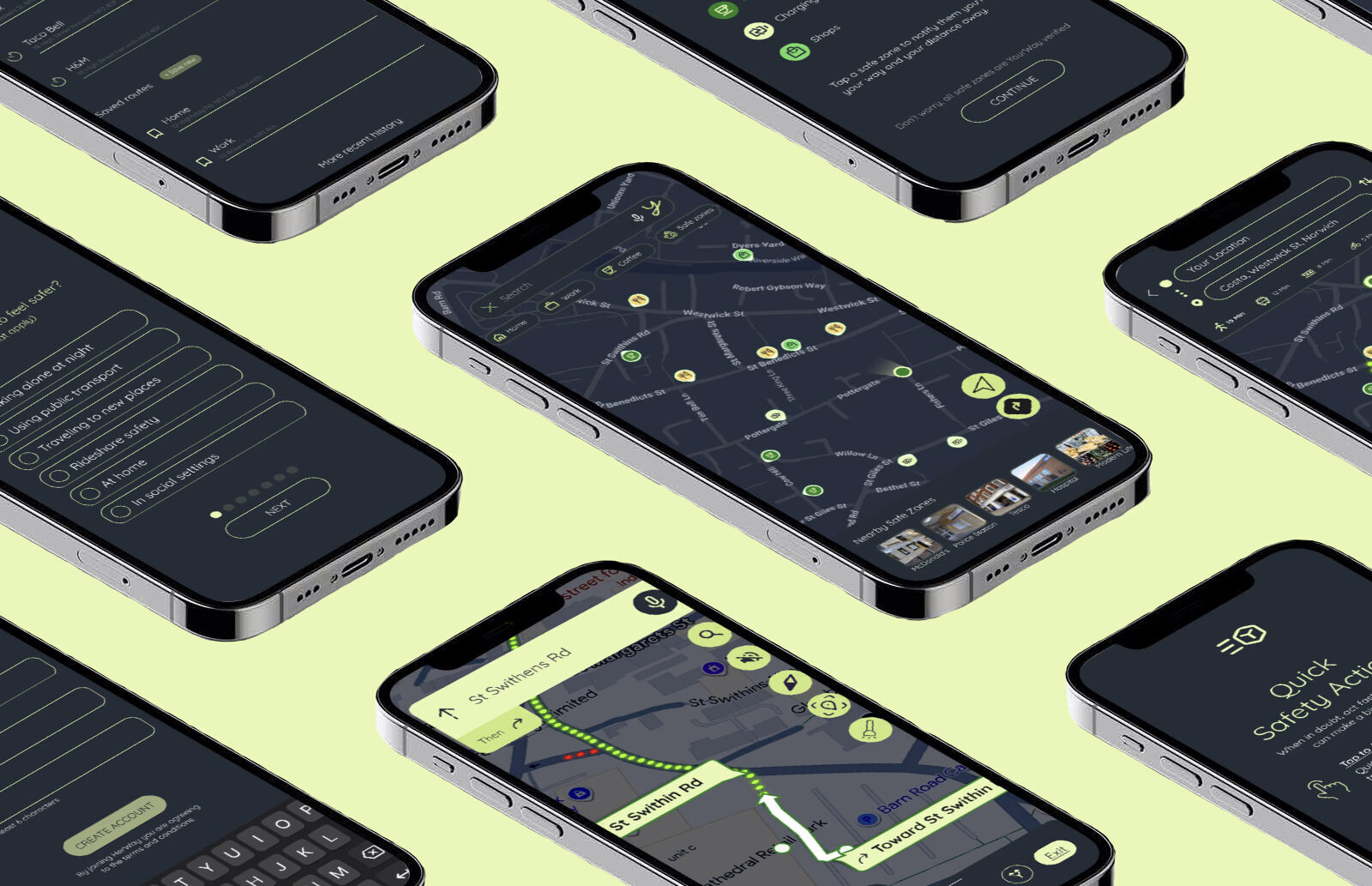 BA Graphic Communication •
BA Graphic Communication •Norwich students celebrate success at 2025 Creative Conscience Awards
Students from Norwich University of the Arts have been recognised across categories in this year’s awards, which showcase work focusing on social or environmental impact -
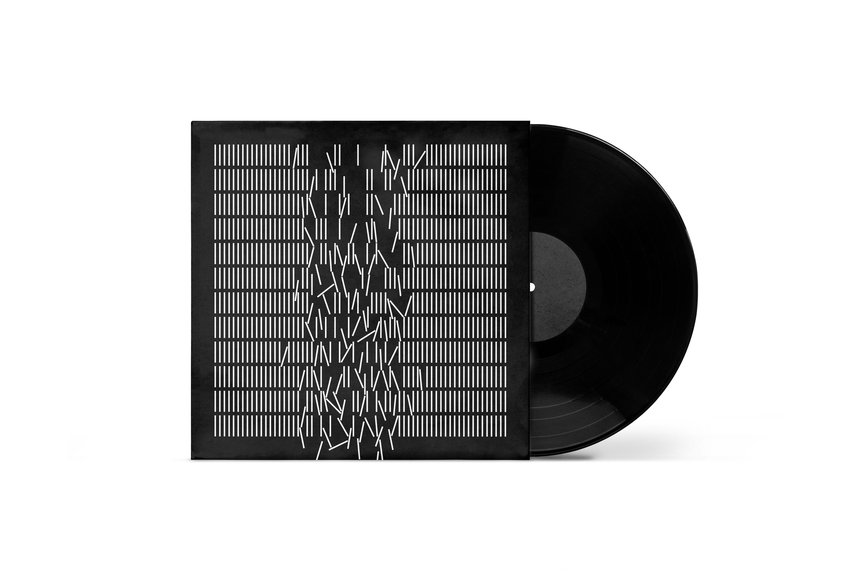 BA Graphic Communication •
BA Graphic Communication •Norwich students win at D&AD New Blood Awards 2025
Norwich students were awarded a total of five pencils at this year’s D&AD New Blood Awards, which showcase recent graduate work across design, advertising and craft. -
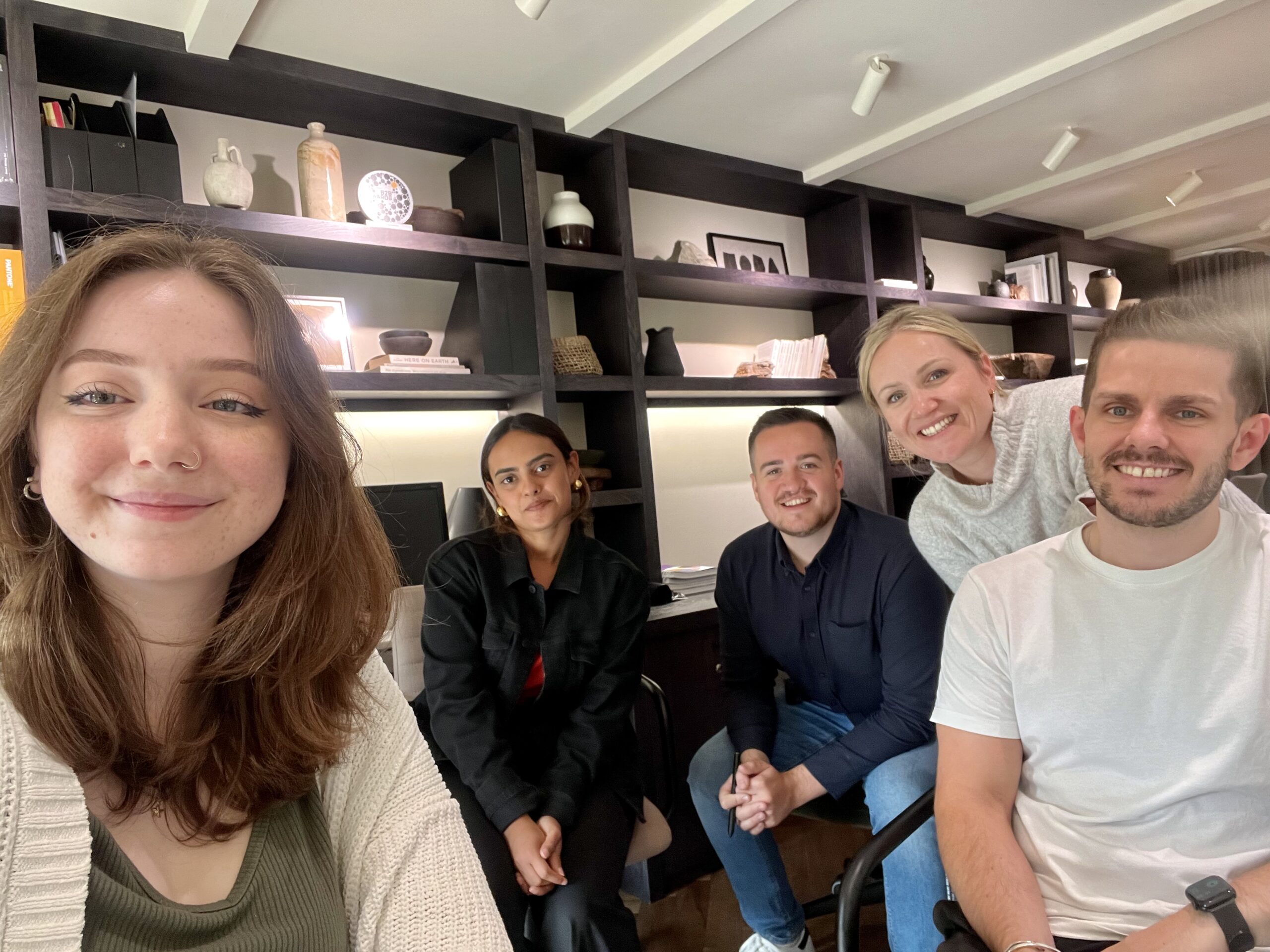 BA Graphic Communication •
BA Graphic Communication •In conversation with Cassie Muskett, BA (Hons) Graphic Communication
Cassie Muskett has been selected for the Chaos Design Bursary Award. She secured a two-week paid internship, along with a generous £800 bursary. We spoke to Cassie about her internship experience. -
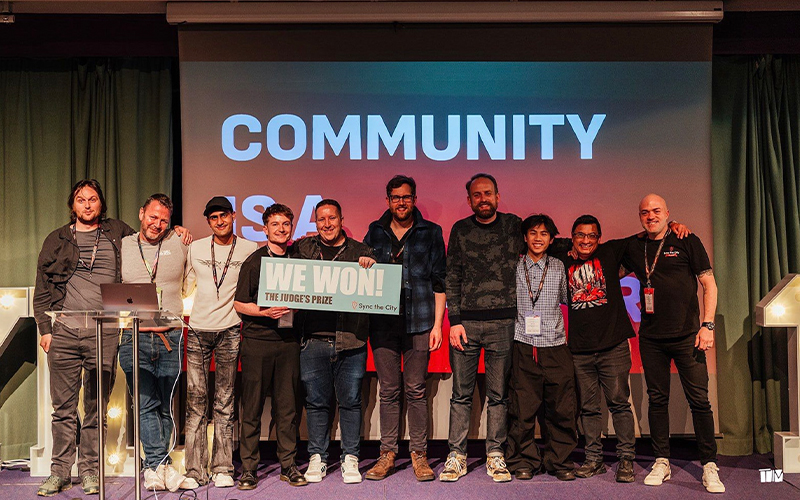 BA Games Art and Design •
BA Games Art and Design •Norwich University of the Arts Students Shine at Sync The City 2024
Norwich University of the Arts students had another successful year at Sync The City 2024 -
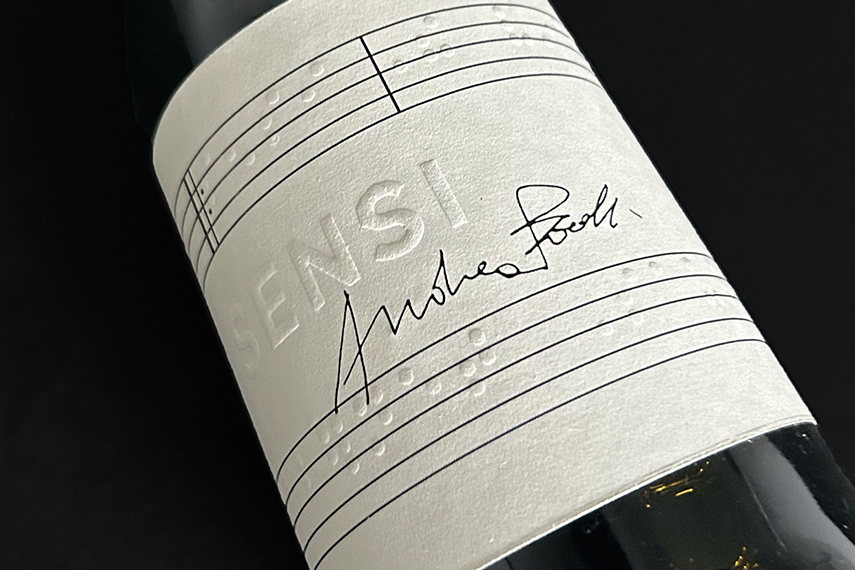 Alumni •
Alumni •Norwich Graduates announced winners in Global Creative Graduate Showcase 2024
Two graduates have been named winners in Arts Thread Global Creative Graduate Showcase 2024. -
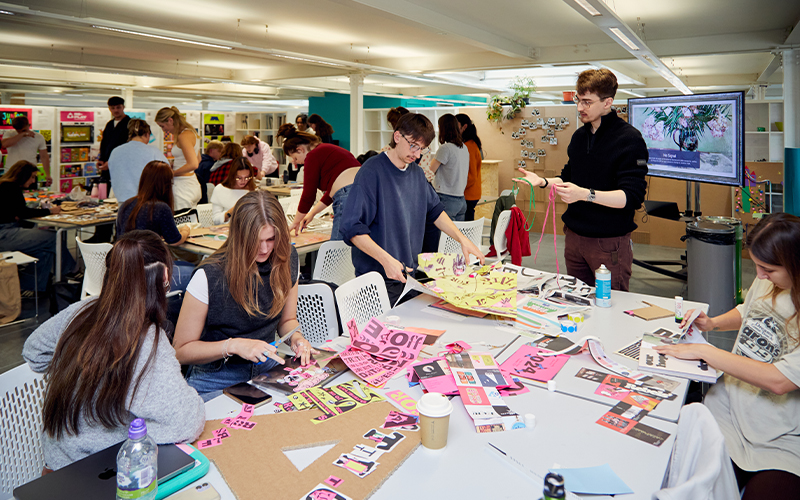 BA Graphic Communication •
BA Graphic Communication •In conversation with: Sam Butler, BA (Hons) Graphic Communication
Sam discusses what it's like to study BA (Hons) Graphic Communication at Norwich. -
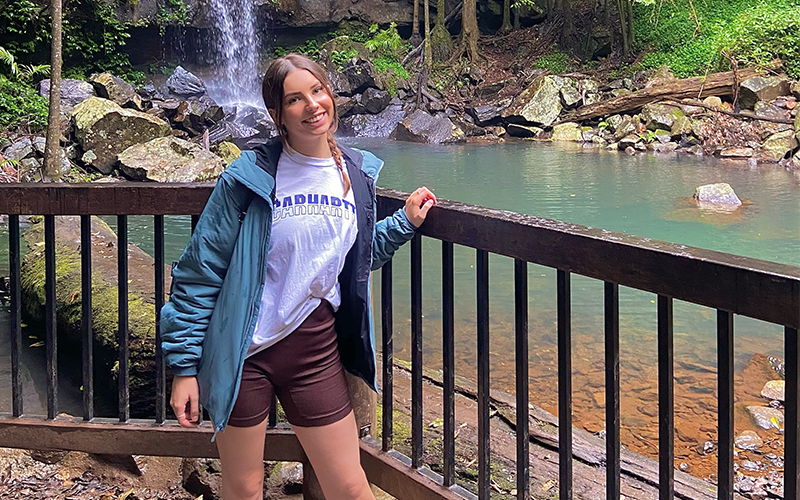 BA Design for Publishing •
BA Design for Publishing •In conversation with: Clara Barton, BSc (Hons) User Experience Design student
Clara reflects on her experience on the Graphics shared first year at Norwich -
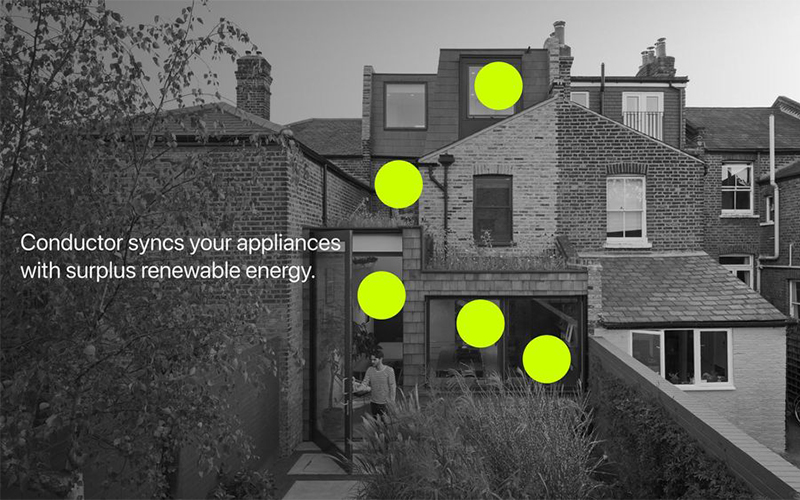 BA Graphic Communication •
BA Graphic Communication •Norwich student receives the highest honour at Creative Conscience Awards 2024
A BSc (Hons) User Experience Design student receives the highest accolade at Creative Conscience -
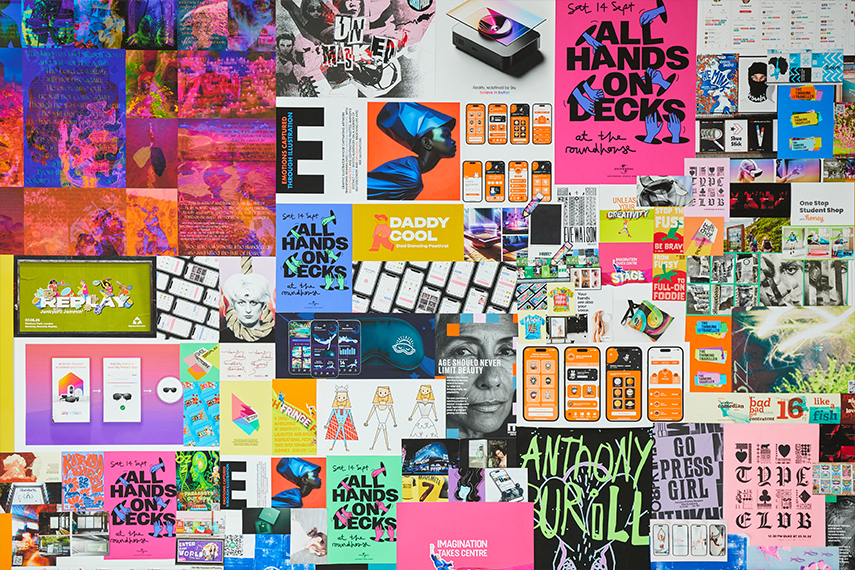 BA Design for Publishing •
BA Design for Publishing •Award wins for Norwich students and graduates
A round up of the recent success from our award-winning community. -
 BA Graphic Communication •
BA Graphic Communication •Norwich students win at D&AD New Blood Awards 2024
Norwich students win five pencils at D&AD New Blood Awards 2024 -
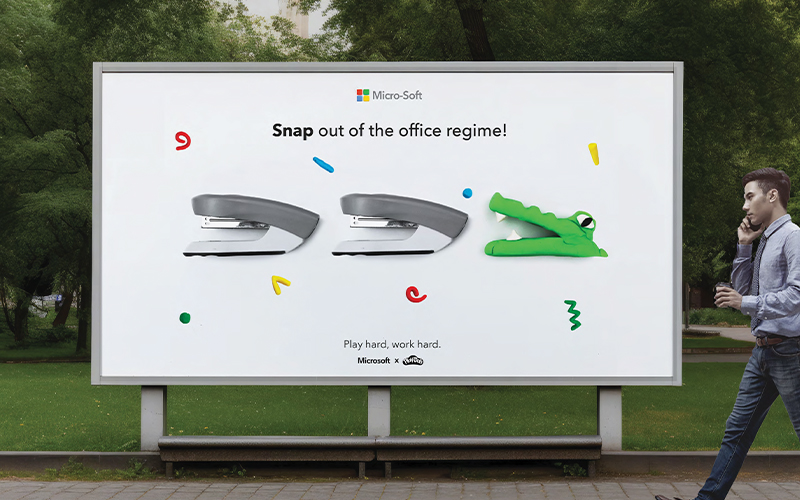 BA Graphic Communication •
BA Graphic Communication •Graphic Communication students win in Dragon Rouge Firestarters Competition 2024
Graphic Communication students win in Dragon Rouge Firestarters Competition 2024 -
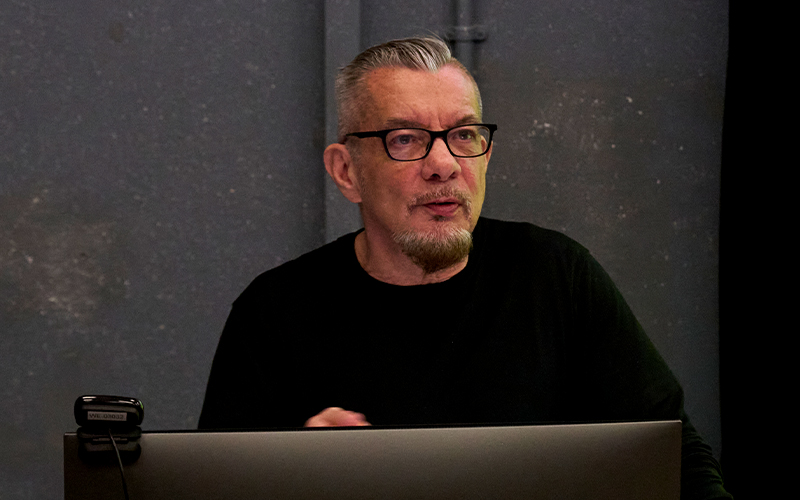 BA Design for Publishing •
BA Design for Publishing •Neville Brody inspires: A design journey unfolds at Norwich University of The Arts
Renowned graphic designer, Neville Brody visits Norwich University of The Arts -
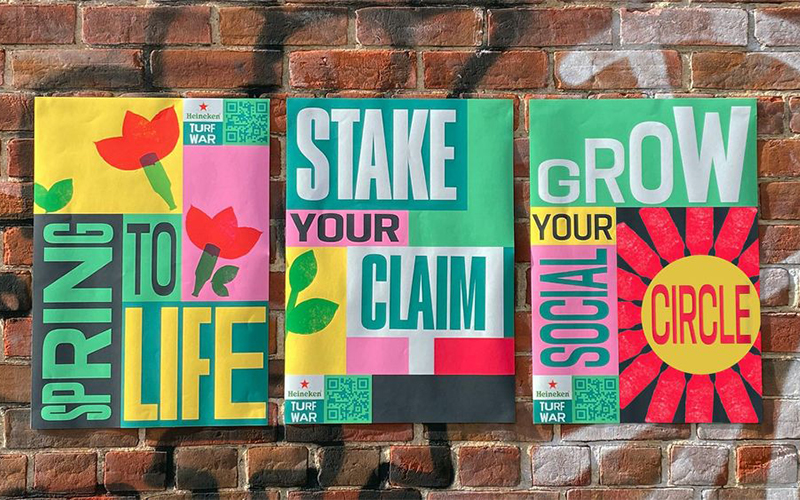 BA Graphic Communication •
BA Graphic Communication •Norwich graduates win in Creative Conscience Awards 2023
Norwich graduates win in the Creative Conscience Awards -
 BA Acting •
BA Acting •Take a look back at Norwich University of the Arts Graduation 2023
Explore photos and memories from our two-day graduation celebrations in this photo blog. -
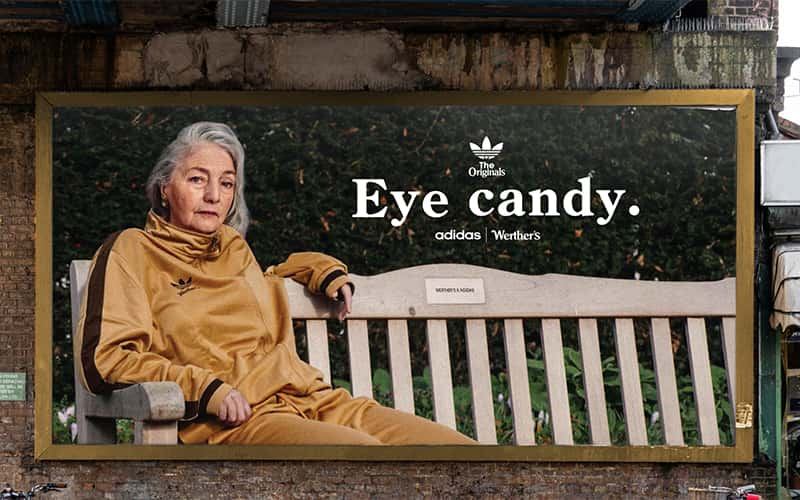 BA Graphic Communication •
BA Graphic Communication •Graphic Communication students win in Dragon Rouge Firestarters Competition 2023
Graphic students win the Dragon Rouge Firestarters Competition 2023 -
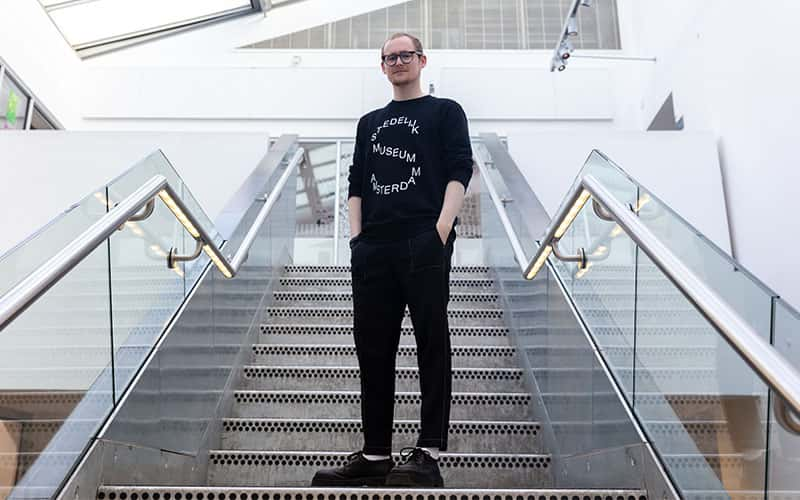 Alumni •
Alumni •Norwich graduate Jeremy Downes discusses his approach to work and his favourite projects
Norwich graduate Jeremy discusses his approach to work and his favourite industry projects.
Related courses
Discover our courses and take the first step towards unleashing your potential
-
Visit the Design for Publishing BA (Hons) course page
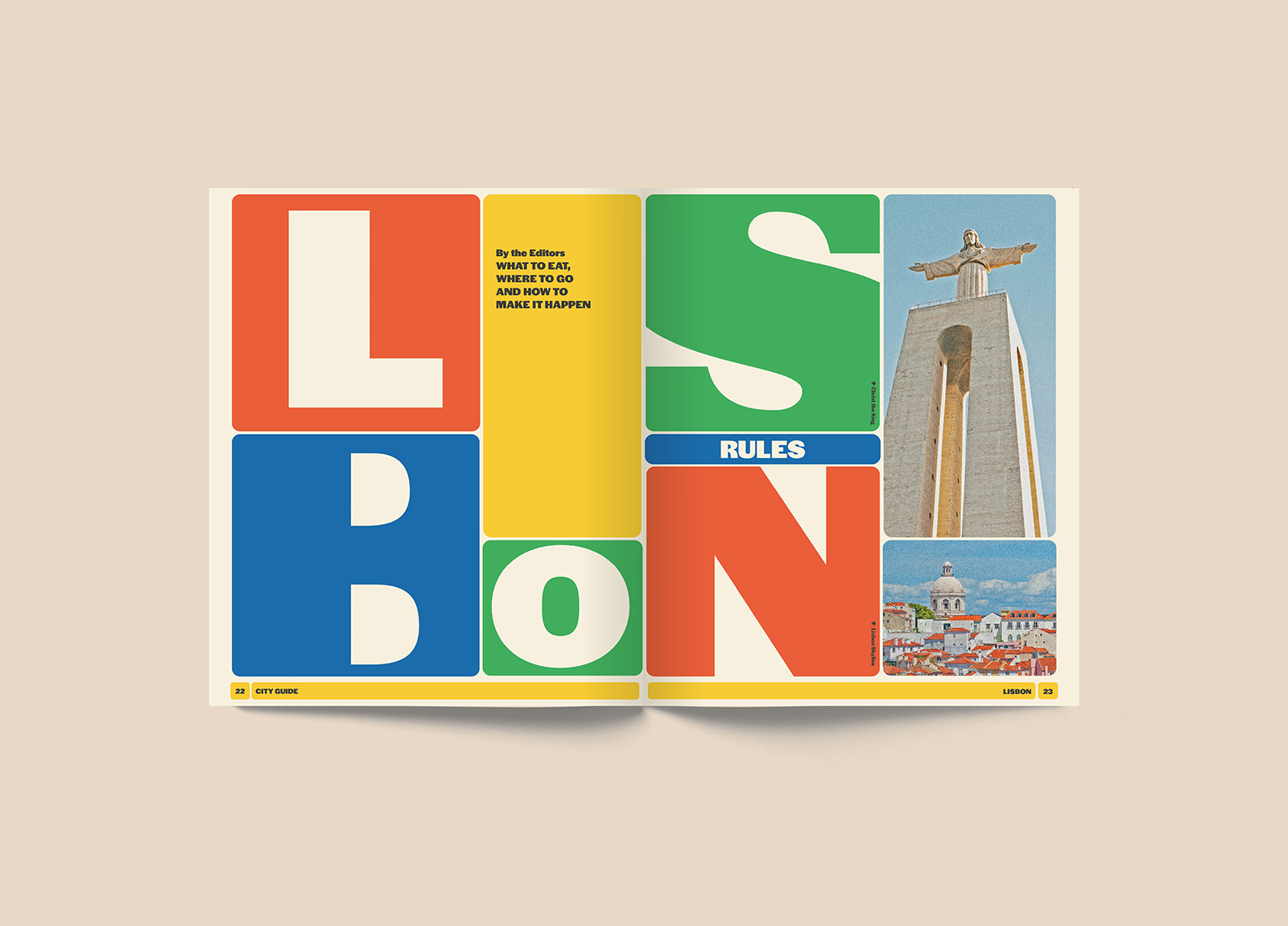
- Filter courses by study level: Undergraduate
- Filter courses by duration: Full time
- Filter courses by start month: September
- Filter courses by subject: Design for Publishing
Design for Publishing BA (Hons)
Explore how words and images can come to life on the page and screen to tell stories and deliver information.
-
Visit the Graphic Design BA (Hons) course page
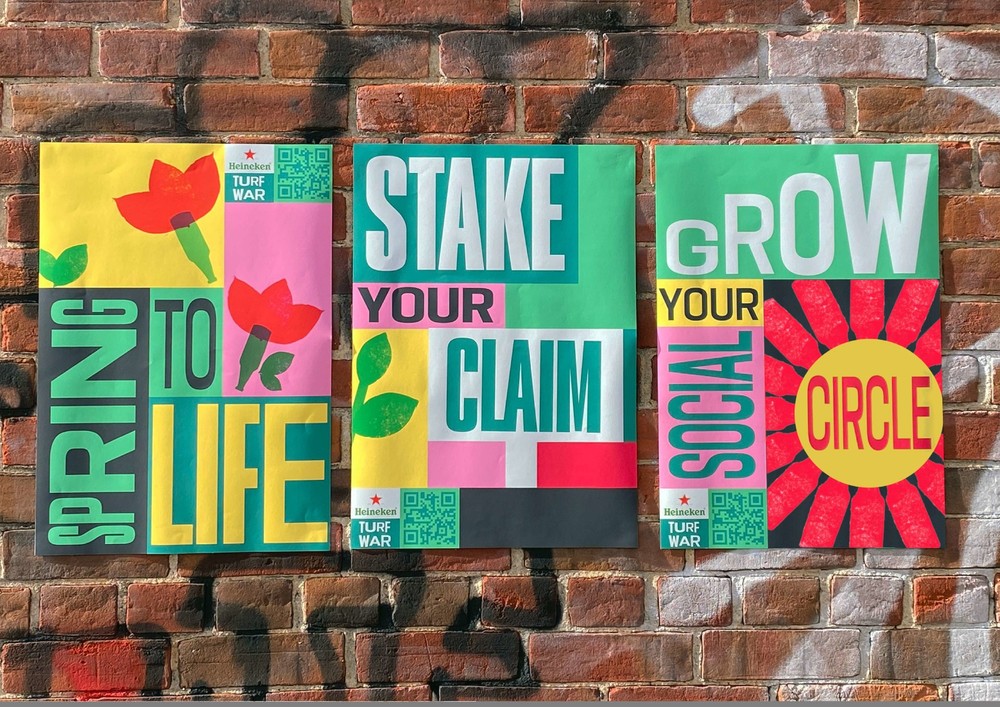
- Filter courses by study level: Undergraduate
- Filter courses by duration: Full time
- Filter courses by start month: September
- Filter courses by subject: Graphic Design
Graphic Design BA (Hons)
Be inspired to apply innovative and creative solutions to branding, packaging, and promotional design for commercial markets.
-
Visit the User Experience Design BSc (Hons) course page
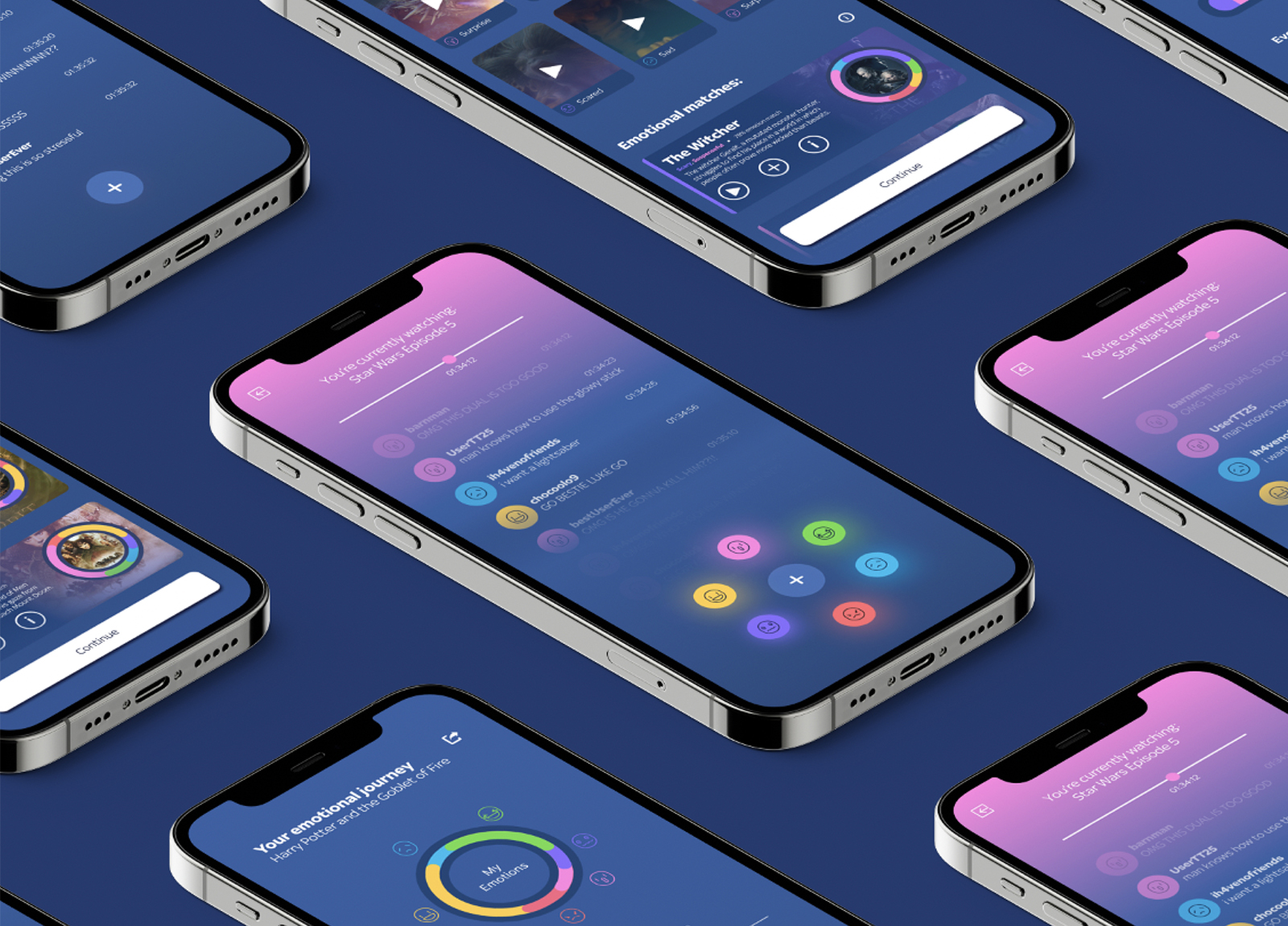
- Filter courses by study level: Undergraduate
- Filter courses by duration: Full time
- Filter courses by start month: September
- Filter courses by subject: User Experience Design
User Experience Design BSc (Hons)
Want to shape how people engage with the ever-evolving digital world? And understand the different ways users experience a design?
norwichuni_graphics
-
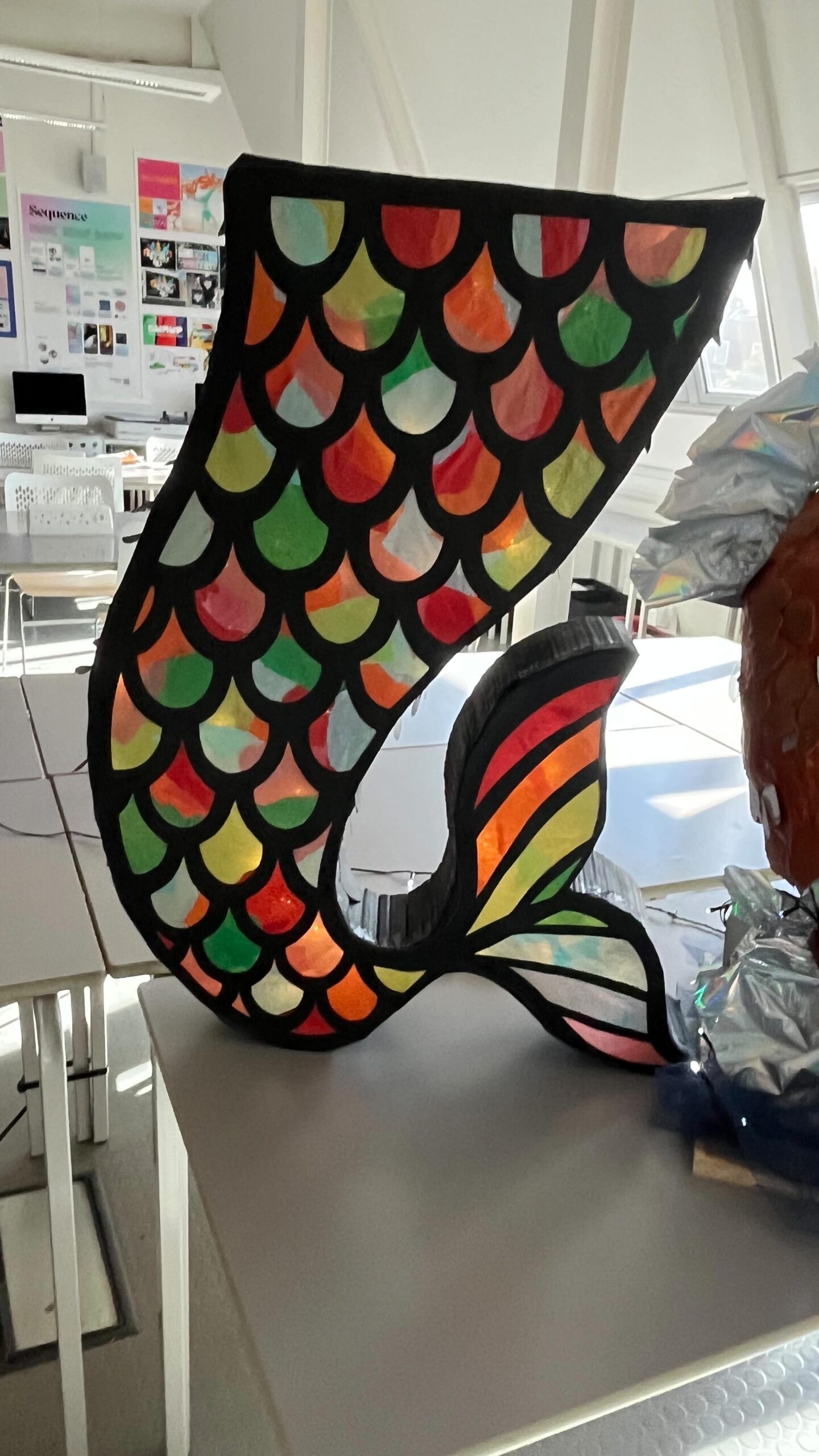
norwichuni_graphics Y r 1 ⭐️ C R E A T I V E P R O B L E M S O L V E R S ! A massive welcome and well done to our new Year 1 Graphics students who more than rose to the challenge of our Make It Manifesto project to kick start their year! A seaside-trip-inspired decadent exploration of typography – working in groups to a hectic schedule – and they smashed it!! @graphicsyearone (opens in a new window)
-

norwichuni_graphics Drumroll please… We were thrilled to be a part of the @newblood_dandad award ceremony this week where Graphic Communication students scooped up 5 pencils – 3 Wood and 2 Graphite. Massive thanks to all of the teaching staff across all year groups who have helped to shape these talented individuals. Staff enjoyed the 360 camera a little too much! #graphicdesign #d&ad #norwichuniarts (opens in a new window)
-
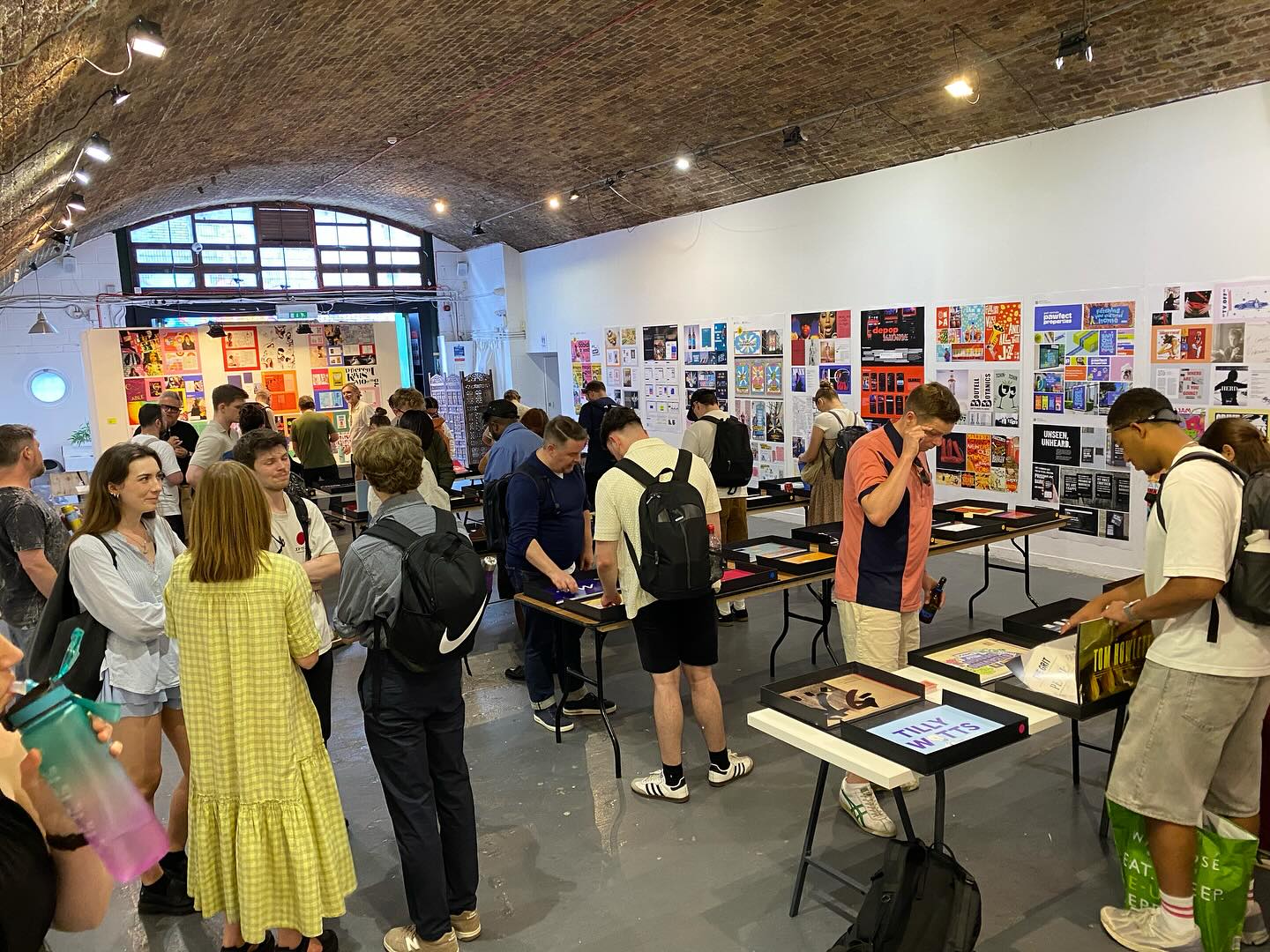
norwichuni_graphics Awesome first afternoon and evening at Hoxton Arches at the @norwichuni_graphics Industry-only portfolio review. We set this event up carefully to create just the right atmosphere for our fantastic industry guests to really spend time with the work. Many stay for several hours really engaging with the portfolios. Plenty of delicious cold drinks too – just what’s needed on a hot London day like today. We’re open again tomorrow, but then we’re gone! Don’t miss it. @norwichuniarts (opens in a new window)
-
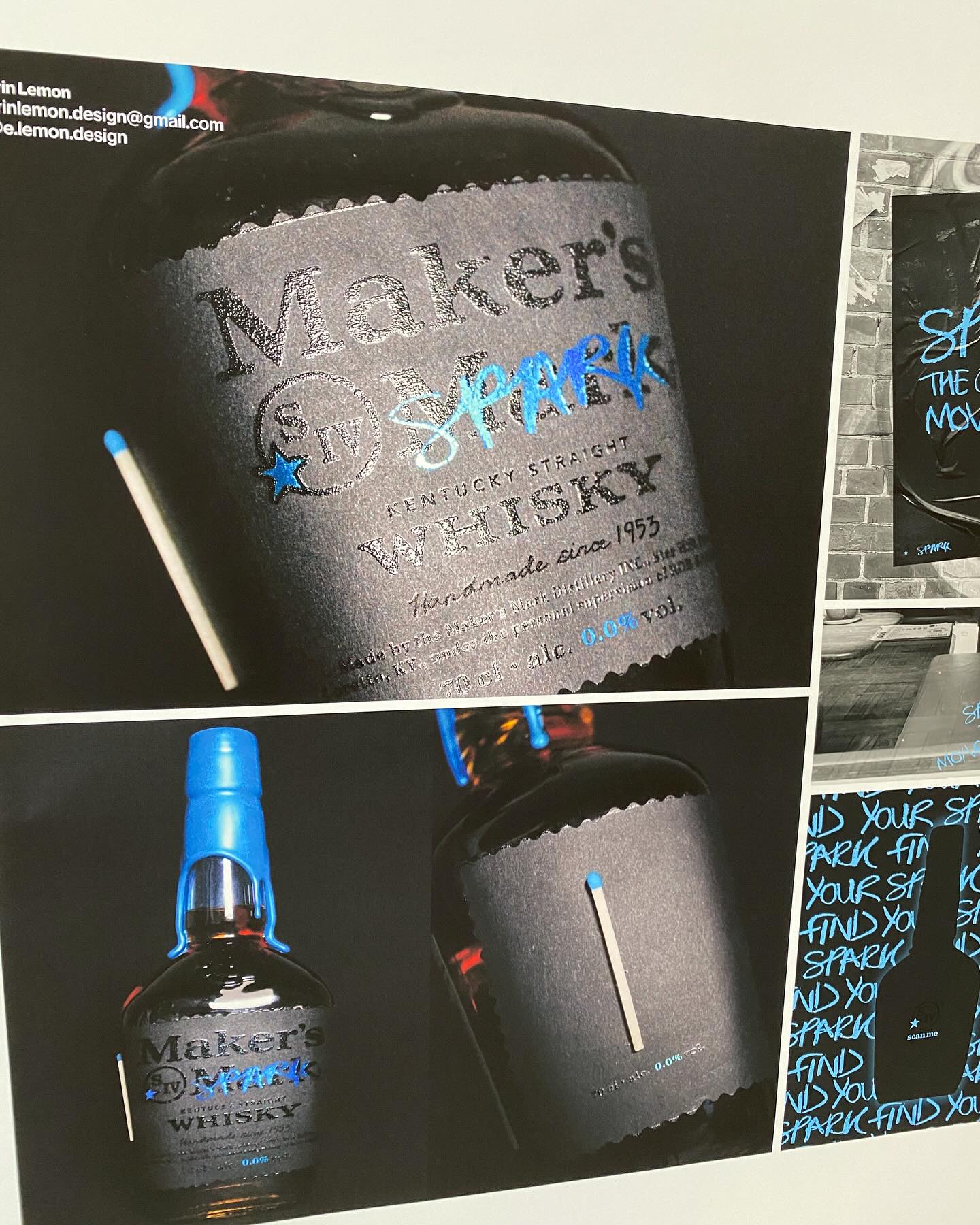
norwichuni_graphics Another awesome display of great ideas and incredible craft from @norwichuni_graphics students on: Design For Publishing, Graphic Design, Graphic Communication and User Experience Design @norwichuniarts #GradFest 2025. See all this and more at our industry-only portfolio event in London 25 & 26 June. (opens in a new window)
-
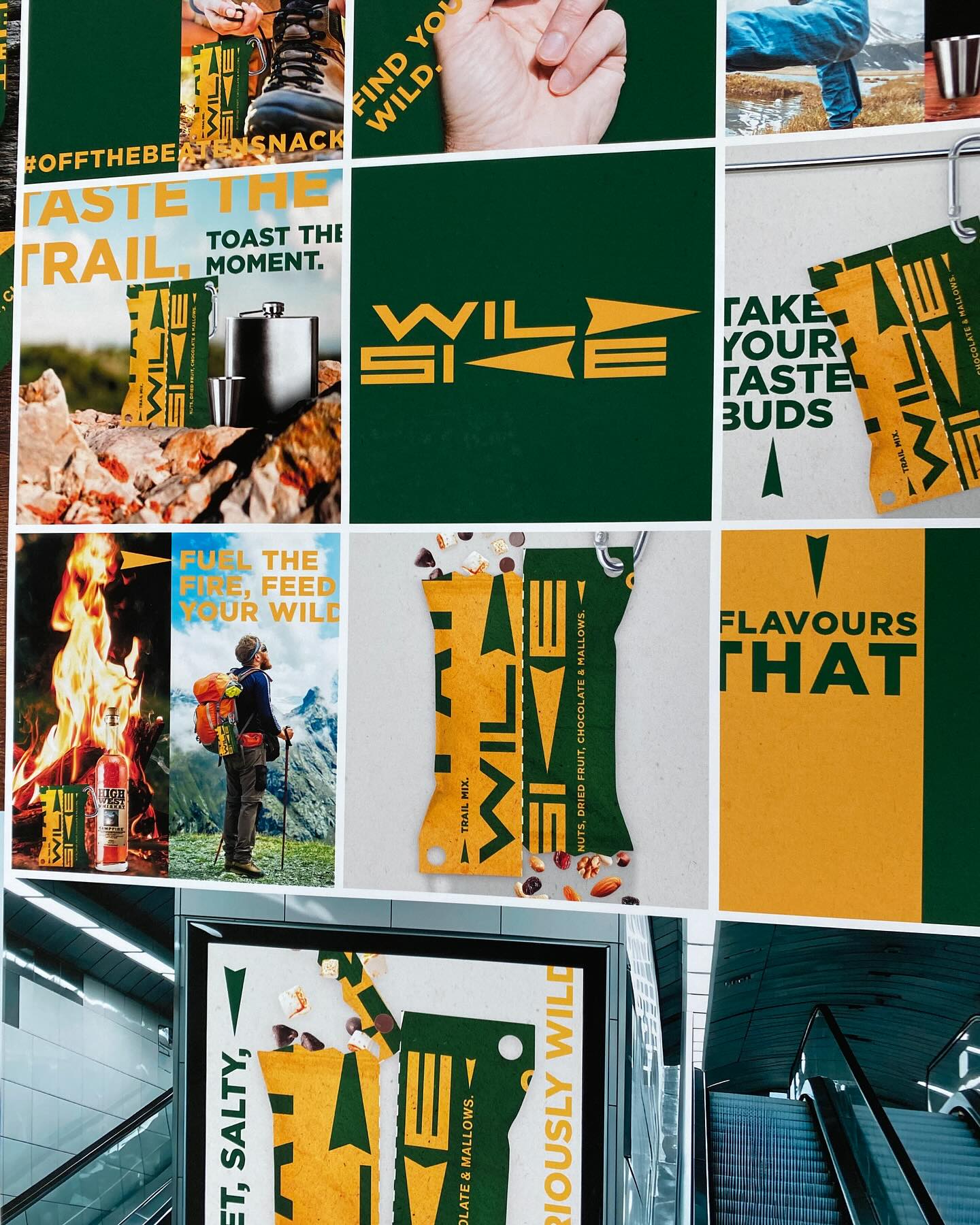
norwichuni_graphics Another awesome display of great ideas and incredible craft from @norwichuni_graphics students on: Design For Publishing, Graphic Design, Graphic Communication and User Experience Design @norwichuniarts #GradFest 2025. See all this and more at our industry-only portfolio event in London 25 & 26 June. (opens in a new window)
-
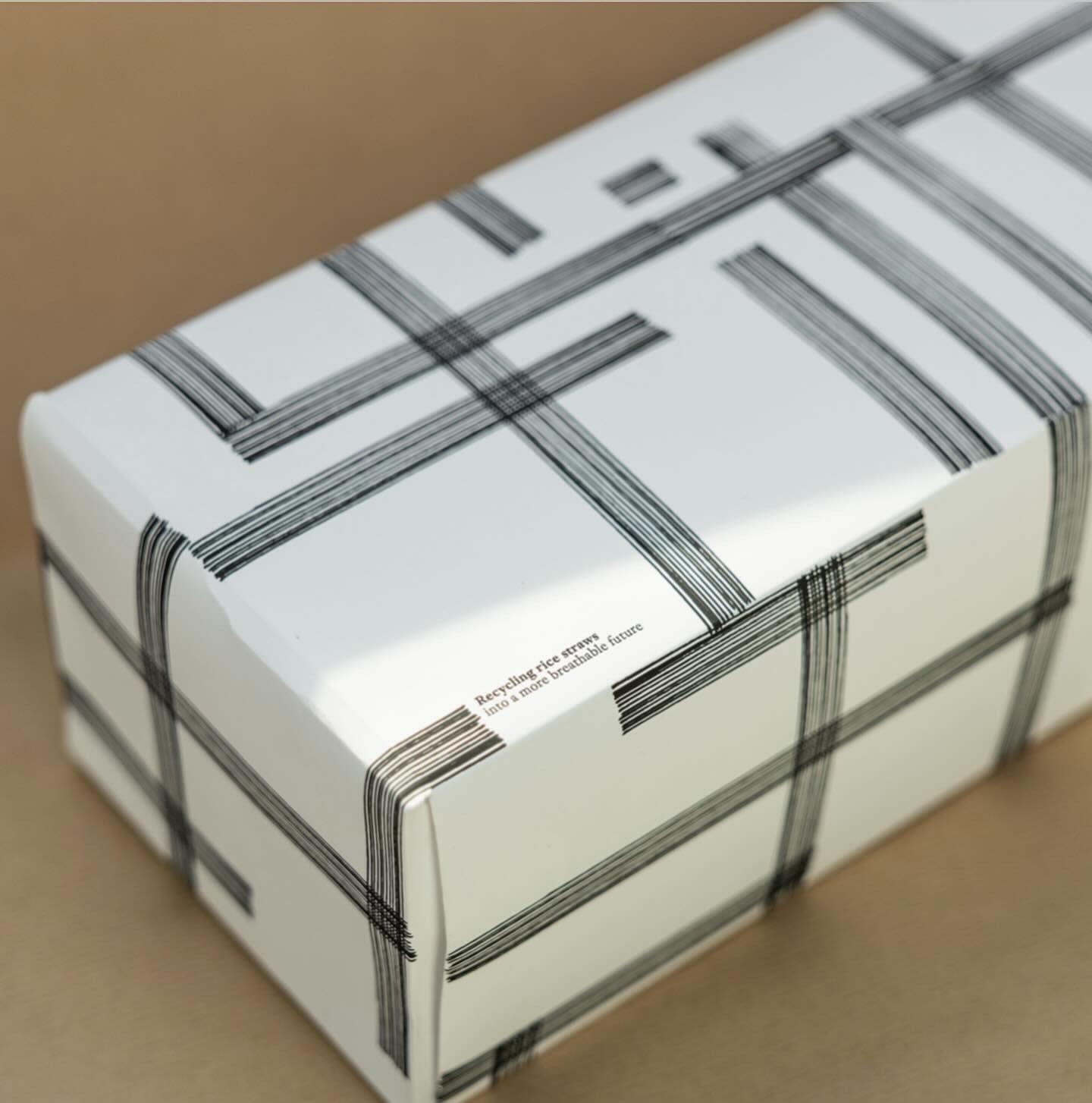
norwichuni_graphics The standard was so high in our student brief set by @butterflycannon that @meg.hesketh and @elliephilpottdesign found it hard to narrow down the winners. So for their brief on creating a sustainable packaging brand, there were two third place winners. Holly Start and @isabellaelseloej created this fantastic solution for a premium brand of textiles created from rice straw waste from the Japanese Saki industry. (opens in a new window)
-
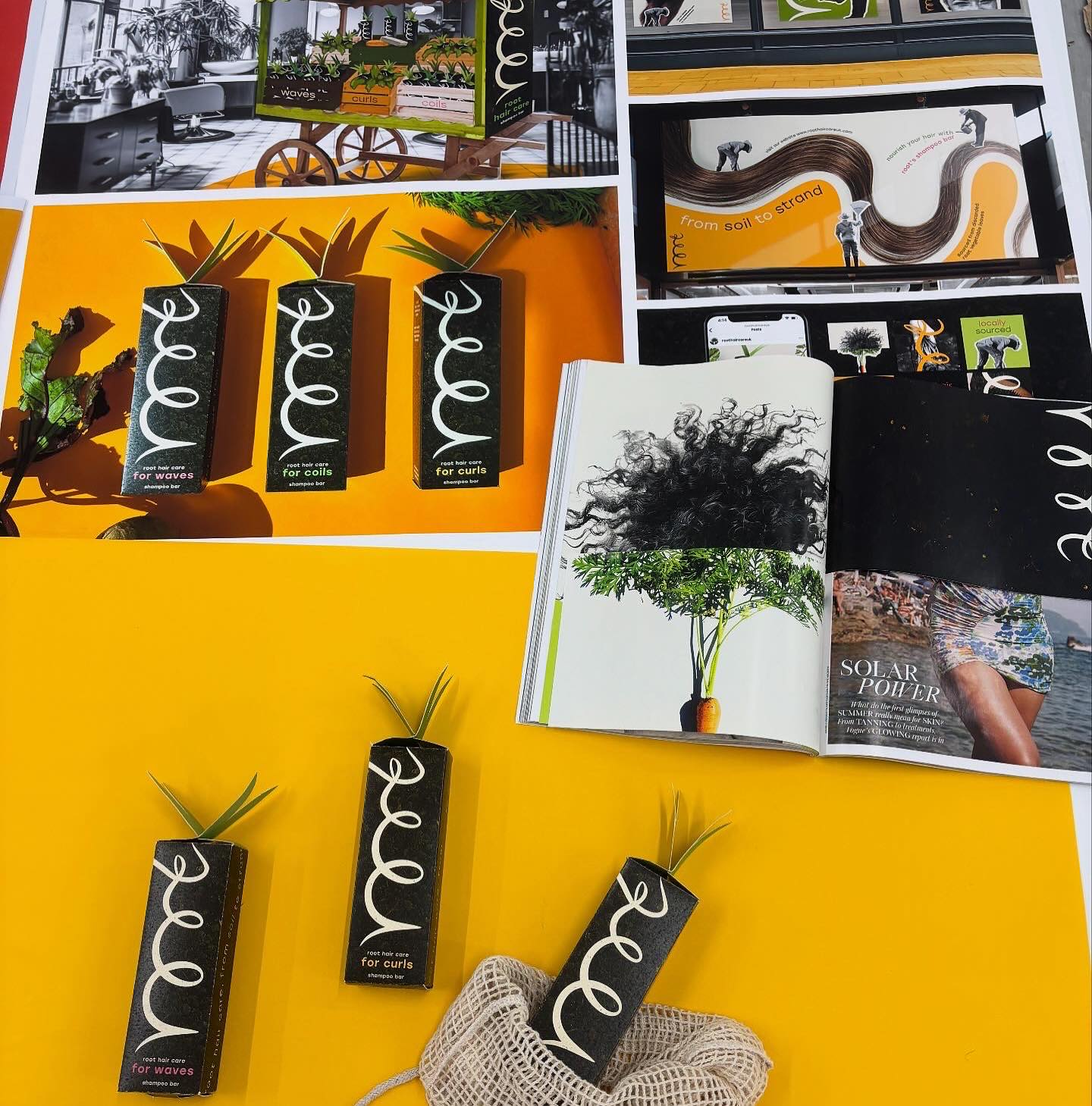
norwichuni_graphics The standard was so high in our student brief set by @butterflycannon that @meg.hesketh and @elliephilpottdesign found it hard to narrow down the winners. So for their brief on creating a sustainable packaging brand, there were also two second place winners. @m_aysmithdesign @bethantodd.design @michelle_graphics_t @jaygriffin.graphics created this fantastic solution “Root” – a hair care brand made from vegetable waste from the farm industry. (opens in a new window)
-
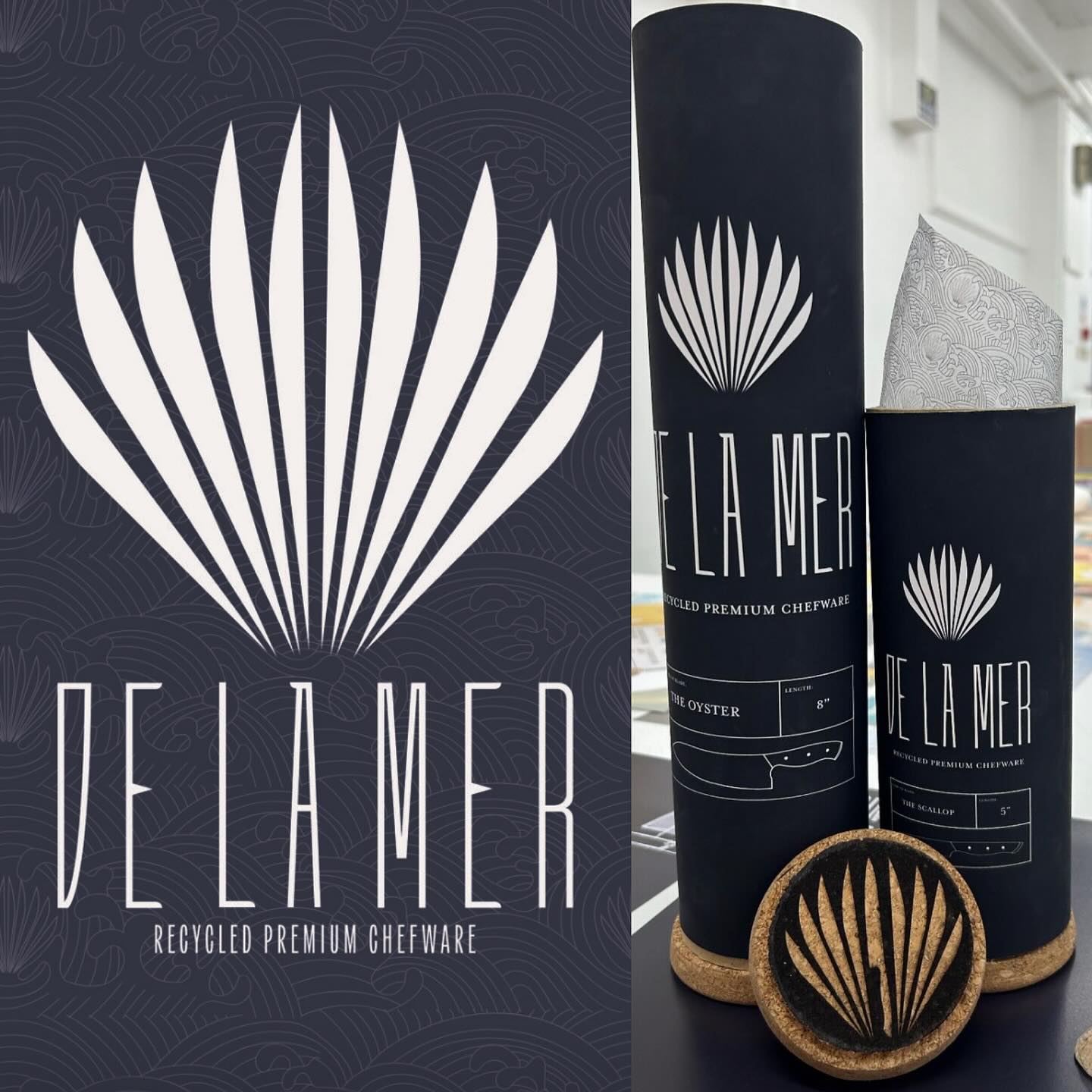
norwichuni_graphics The standard was so high in our student brief set by @butterflycannon that @meg.hesketh and @elliephilpottdesign found it hard to narrow down the winners. So for their brief on creating a sustainable packaging brand, there were two second place winners. @doublew_design @b.endennis @mya.bullen @honeyfogarty_7 Congratulations on this fantastic solution for De La Mer. Premium knives created from waste shell fish from the restaurant industry. (opens in a new window)
-
